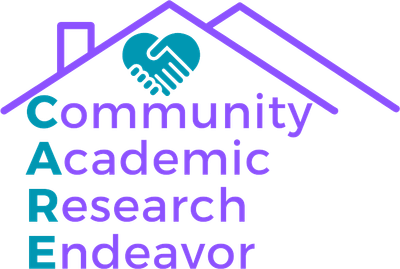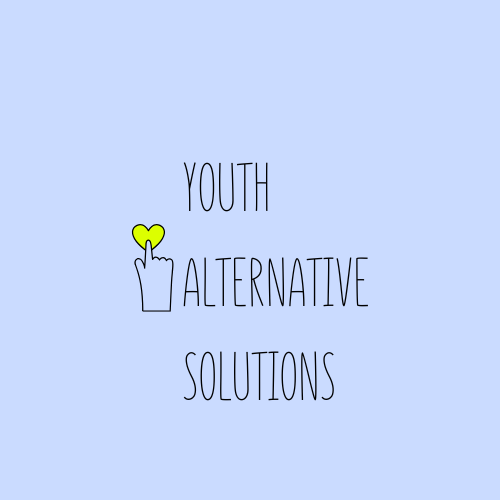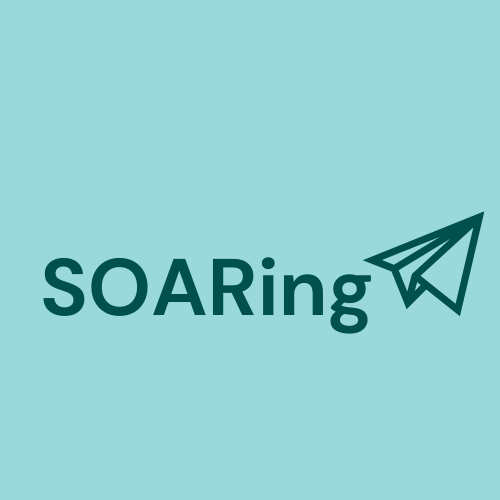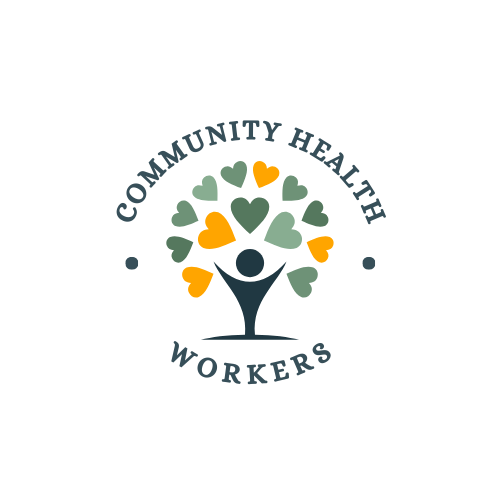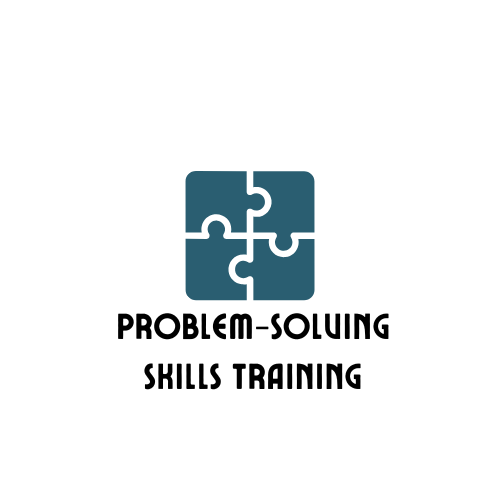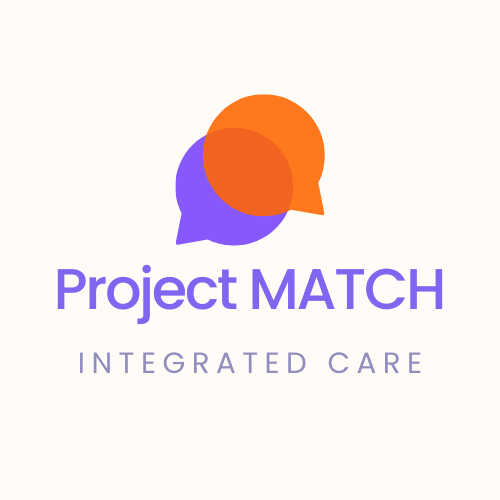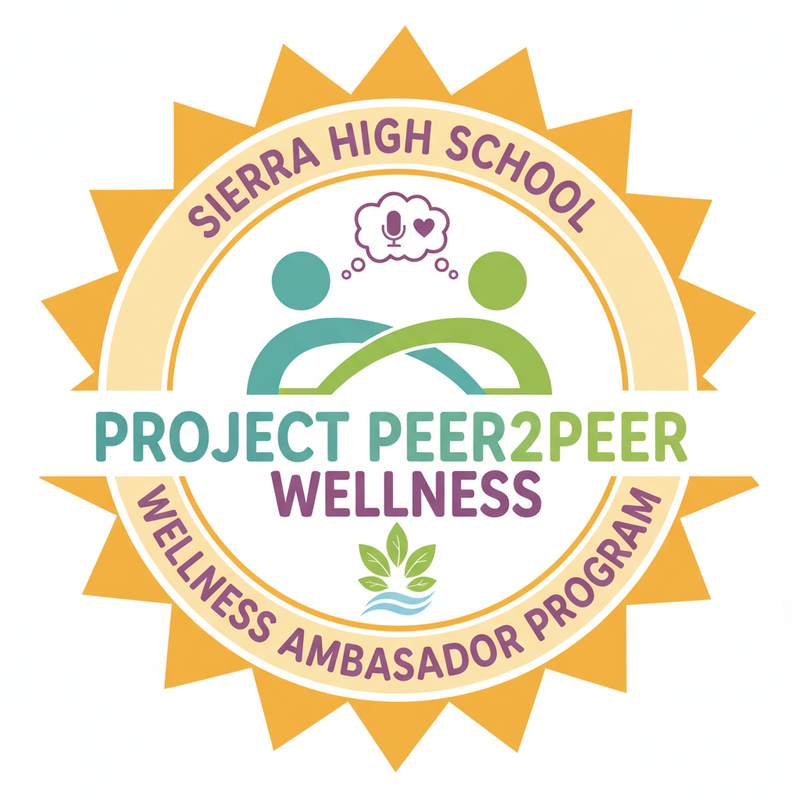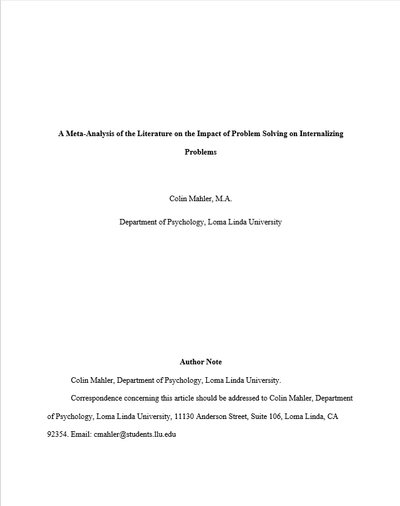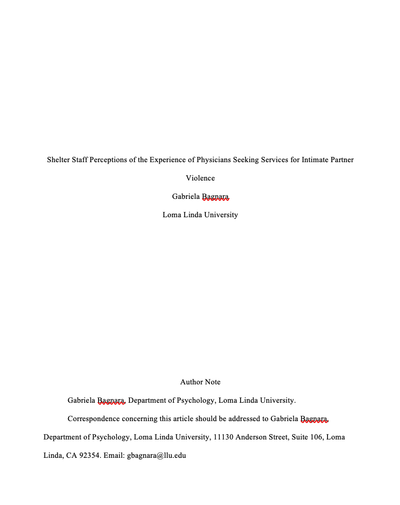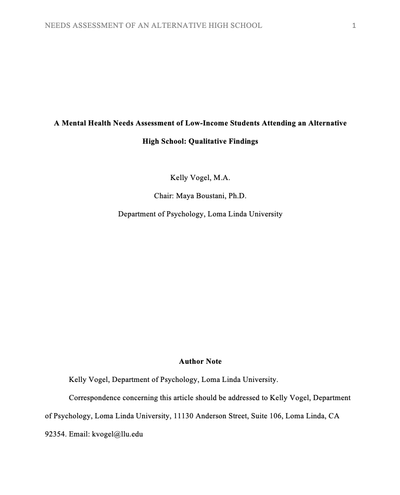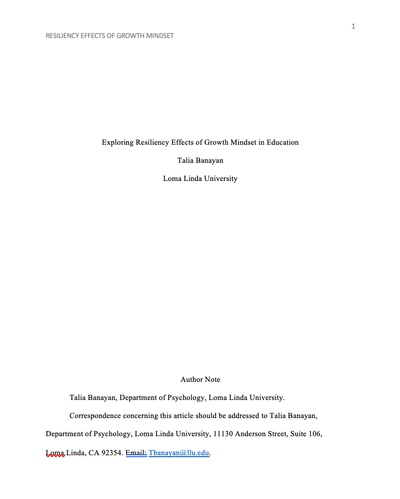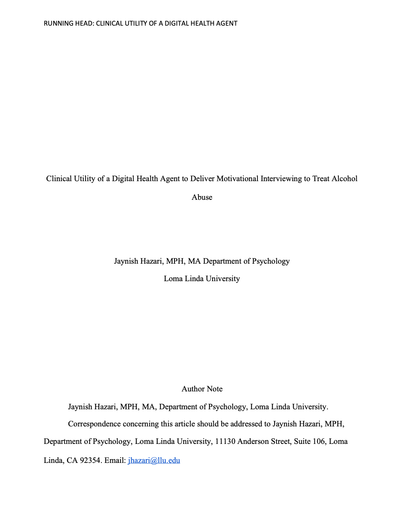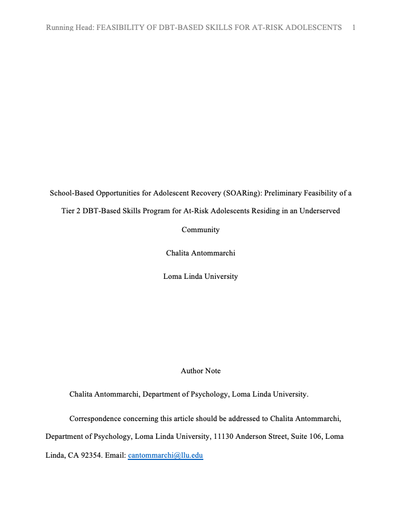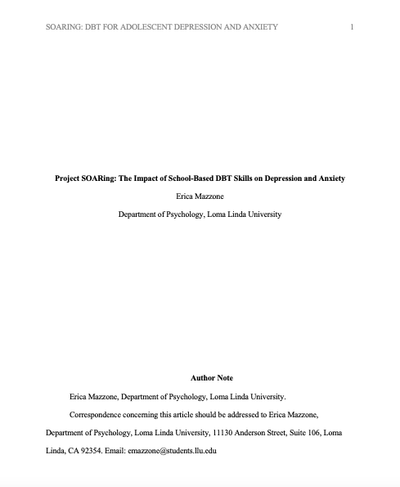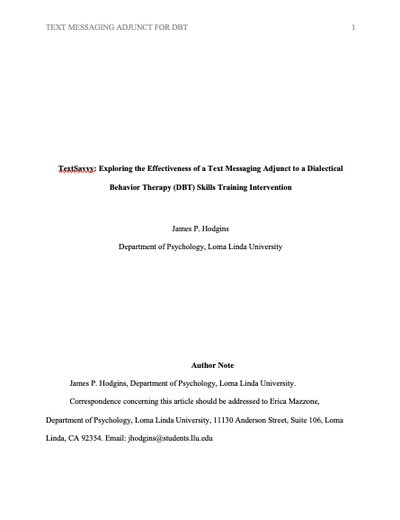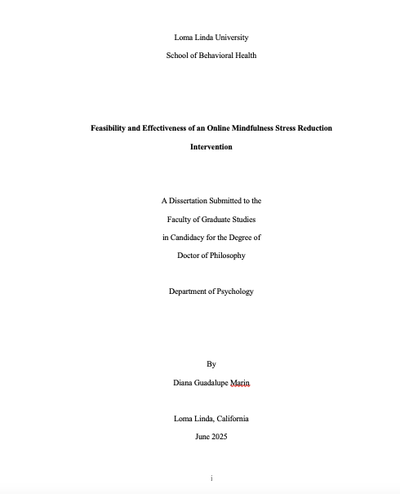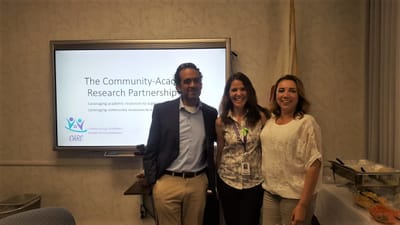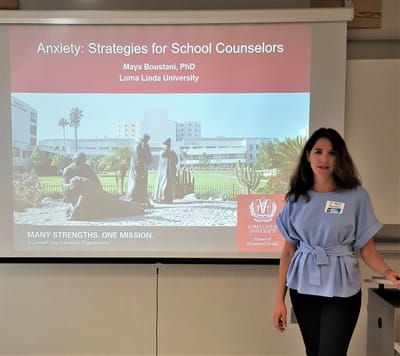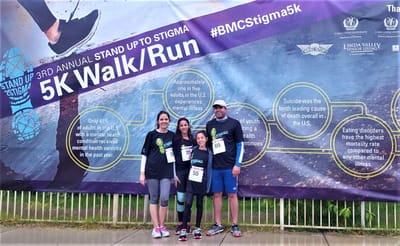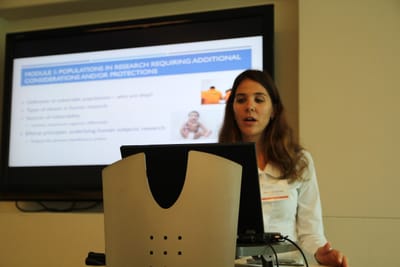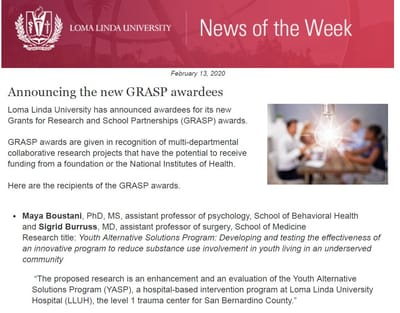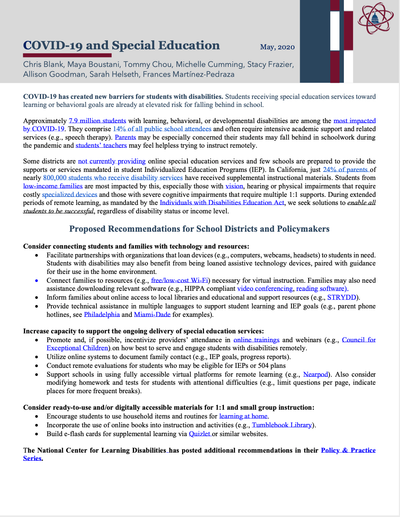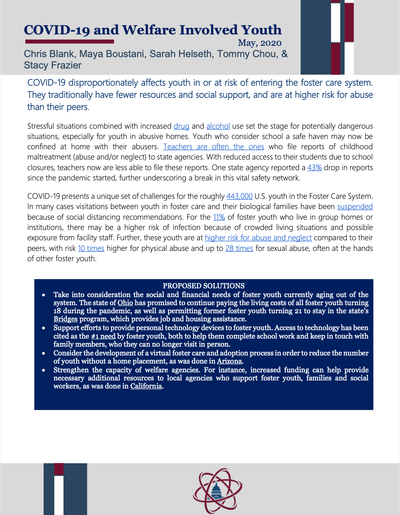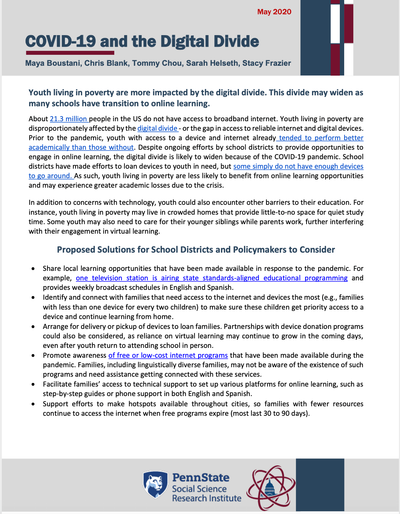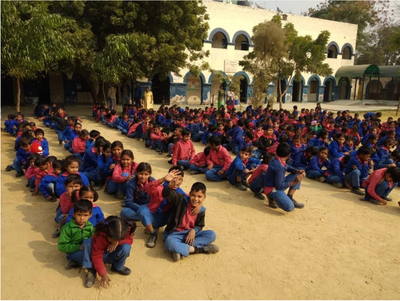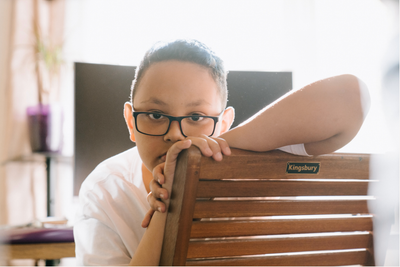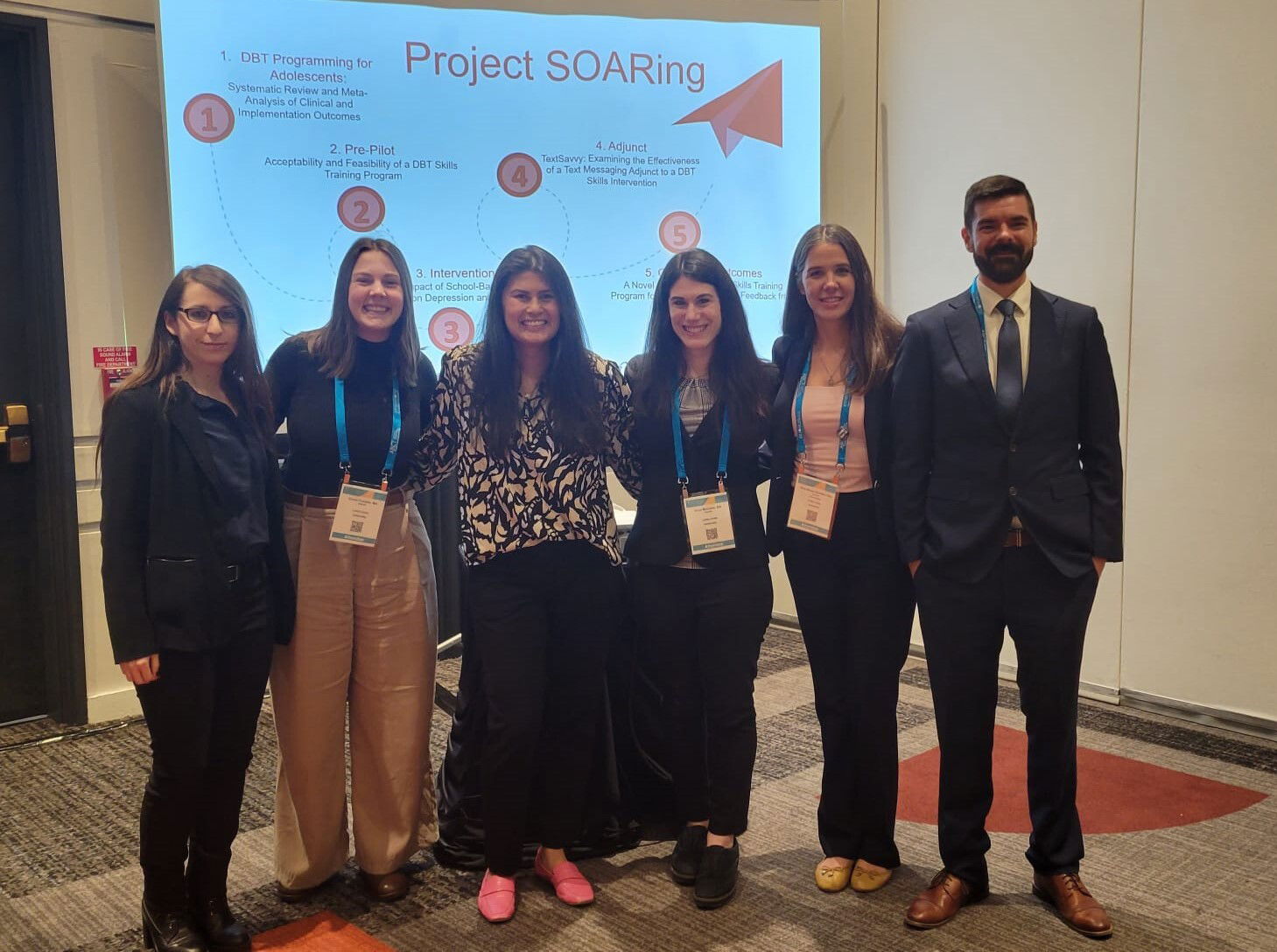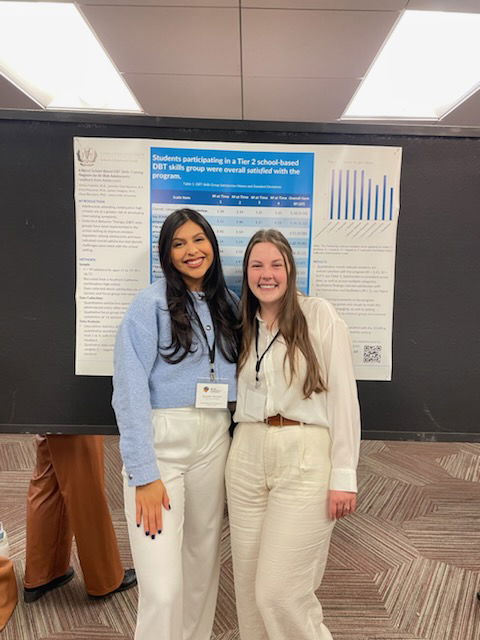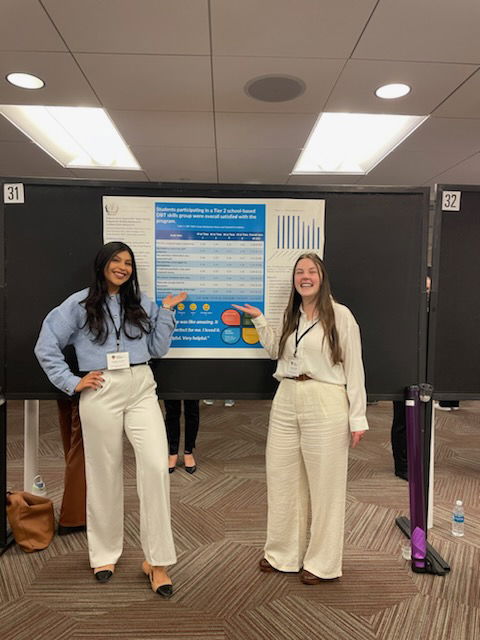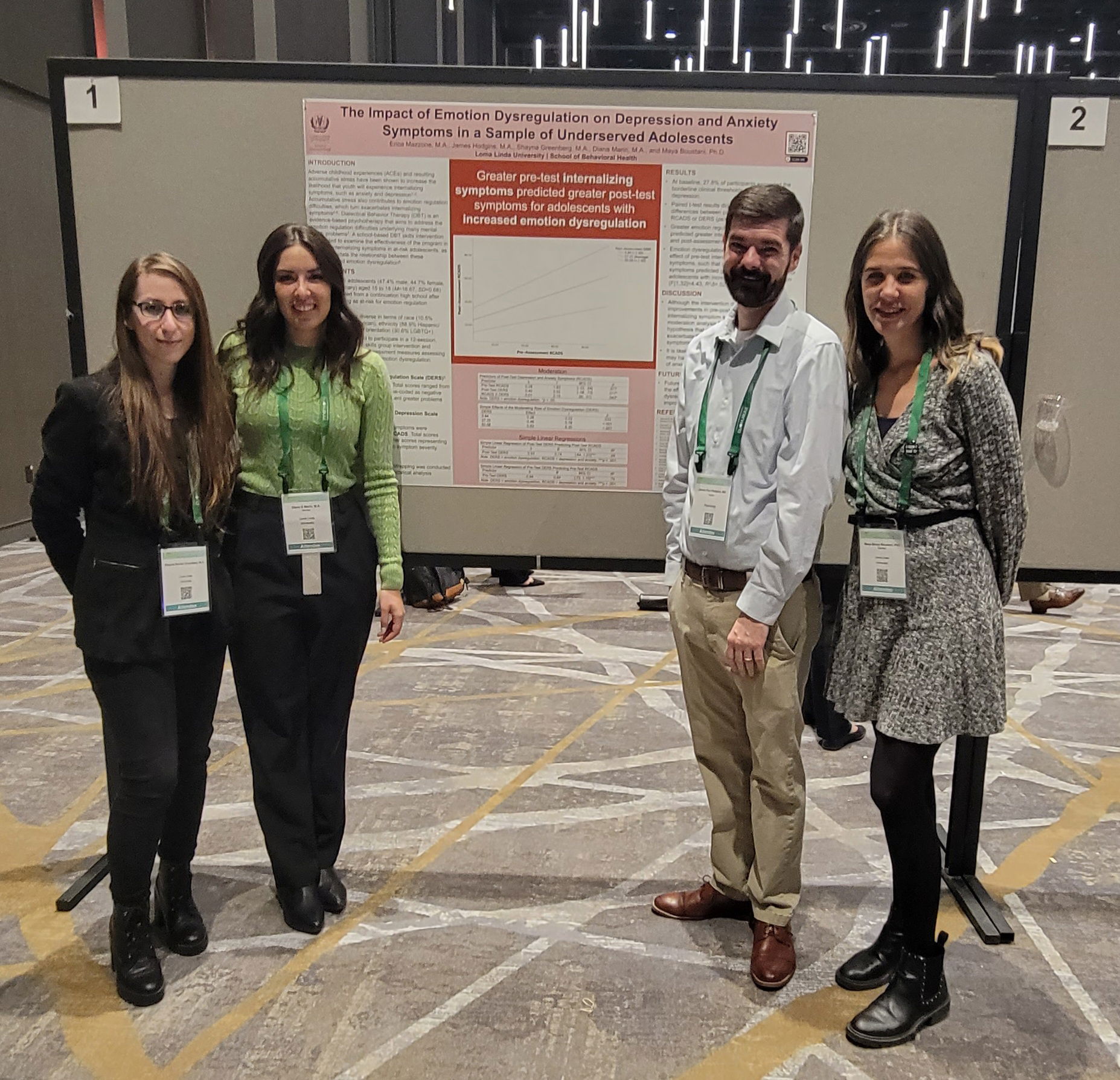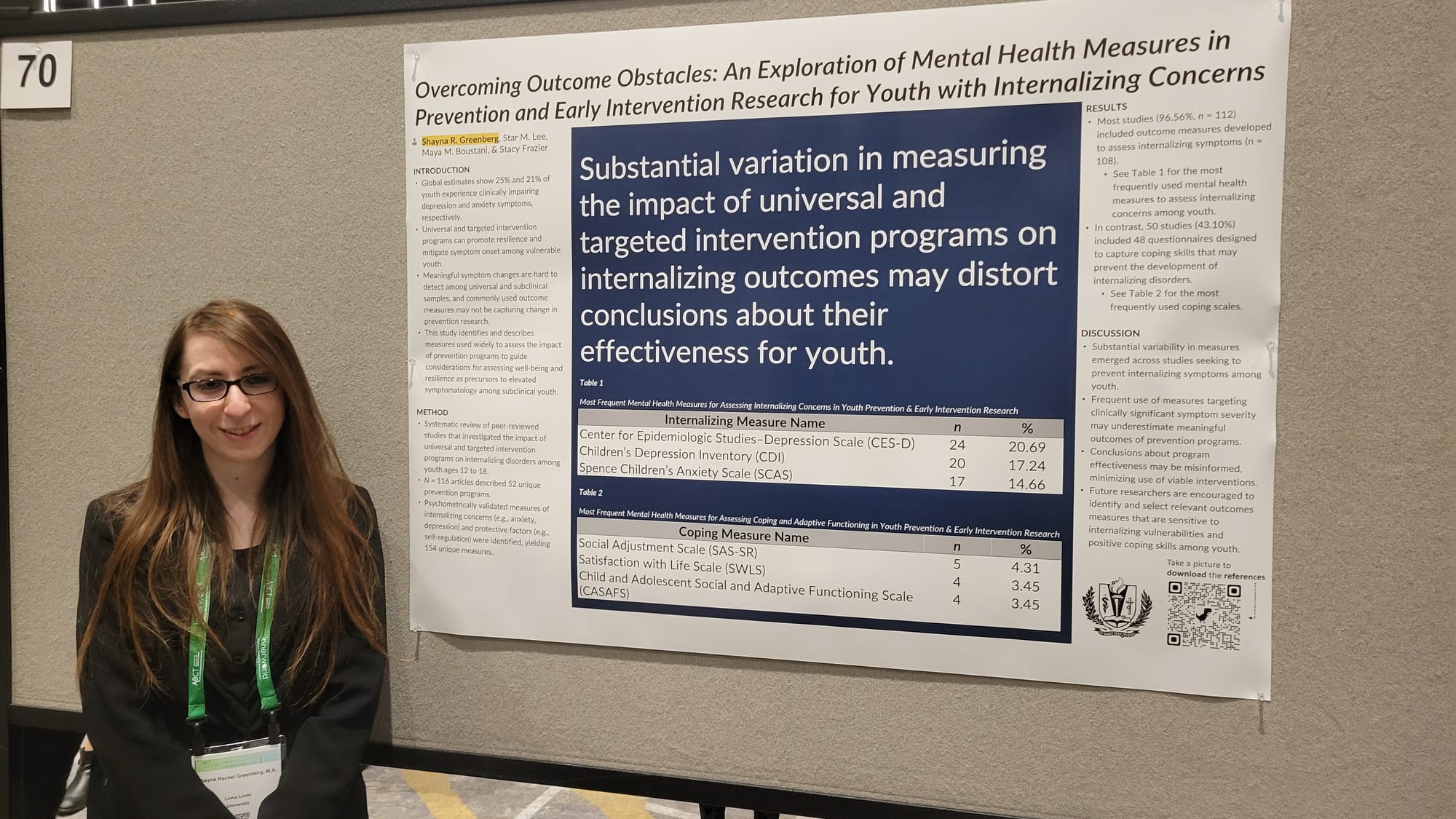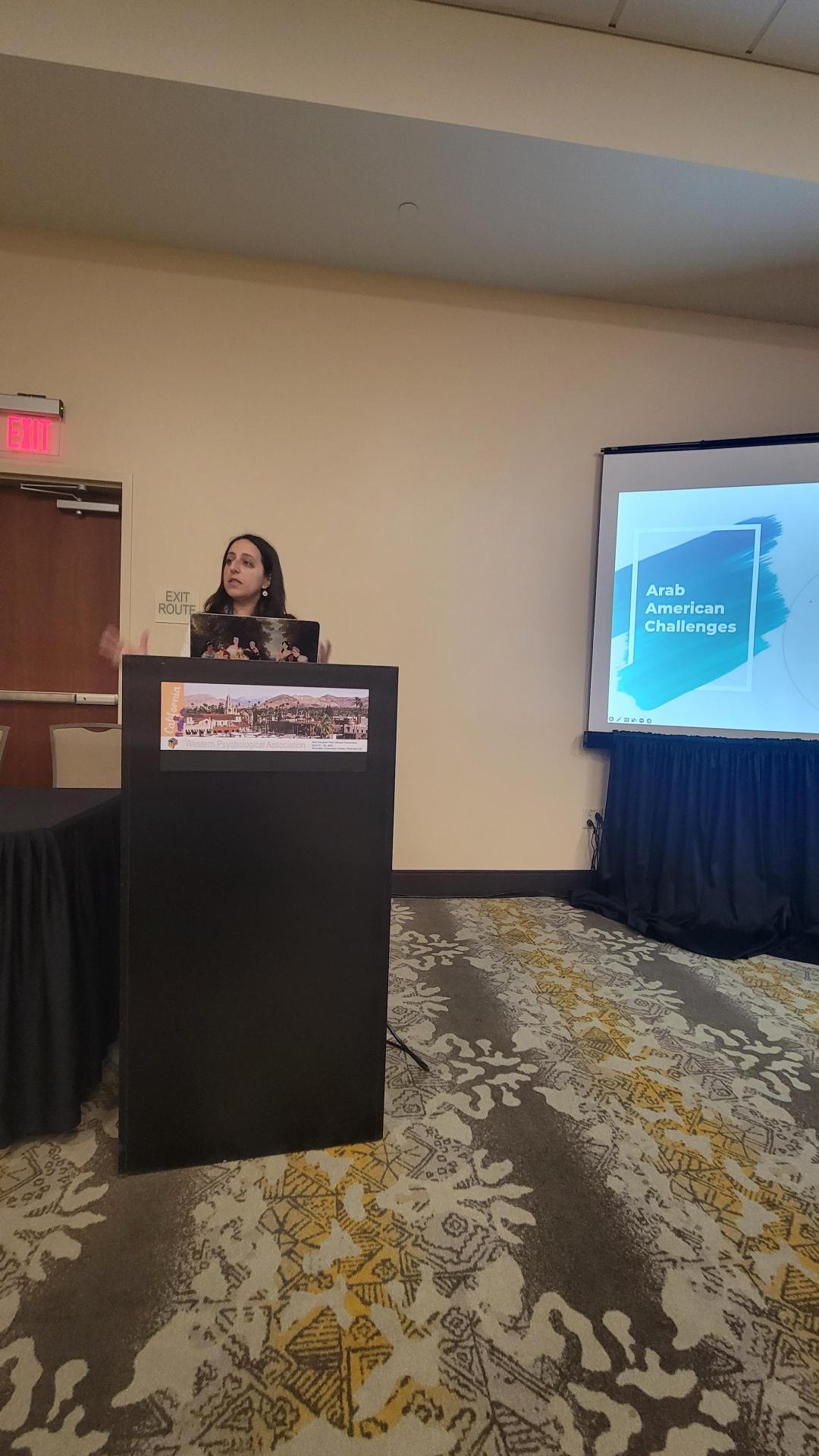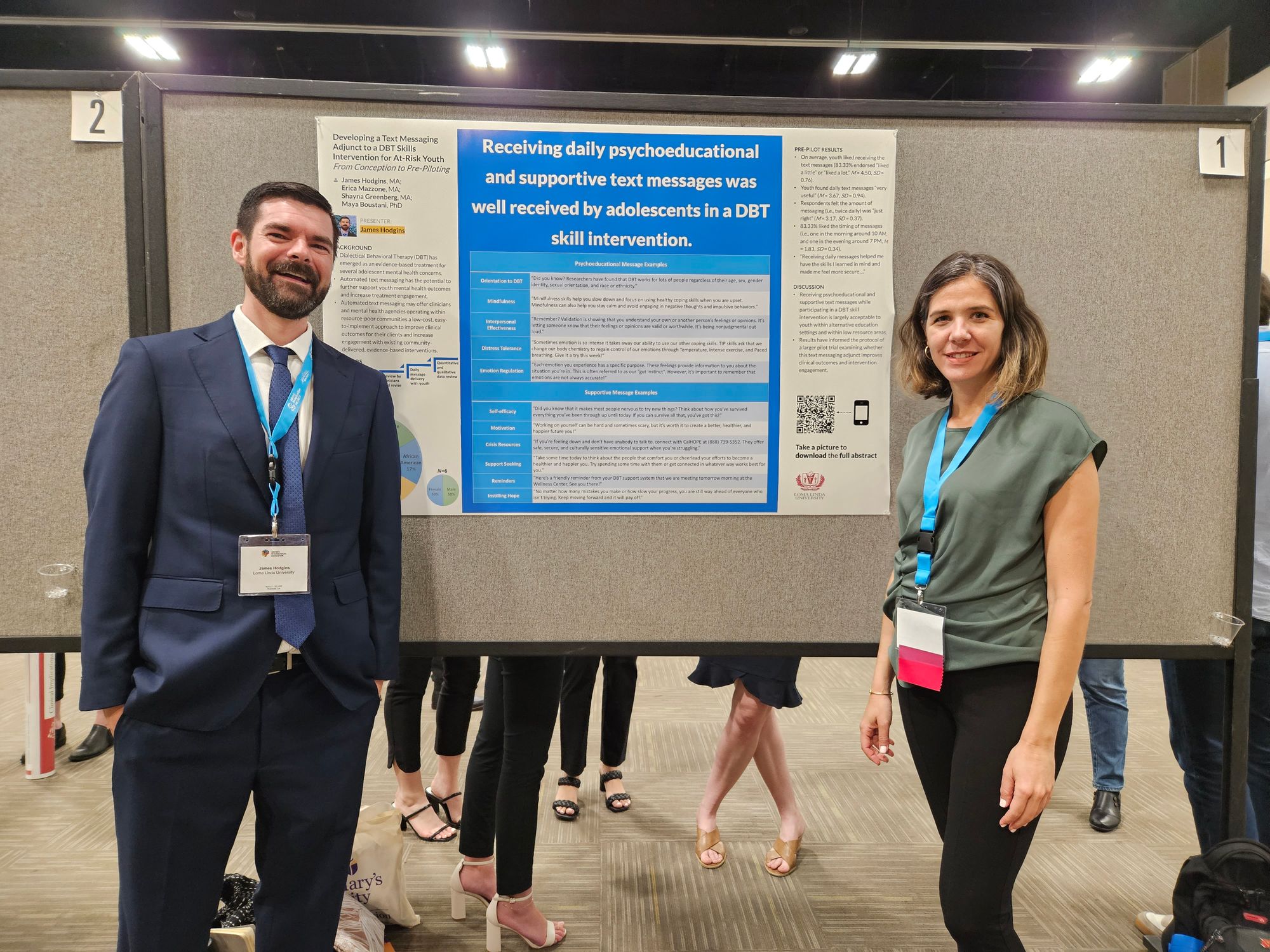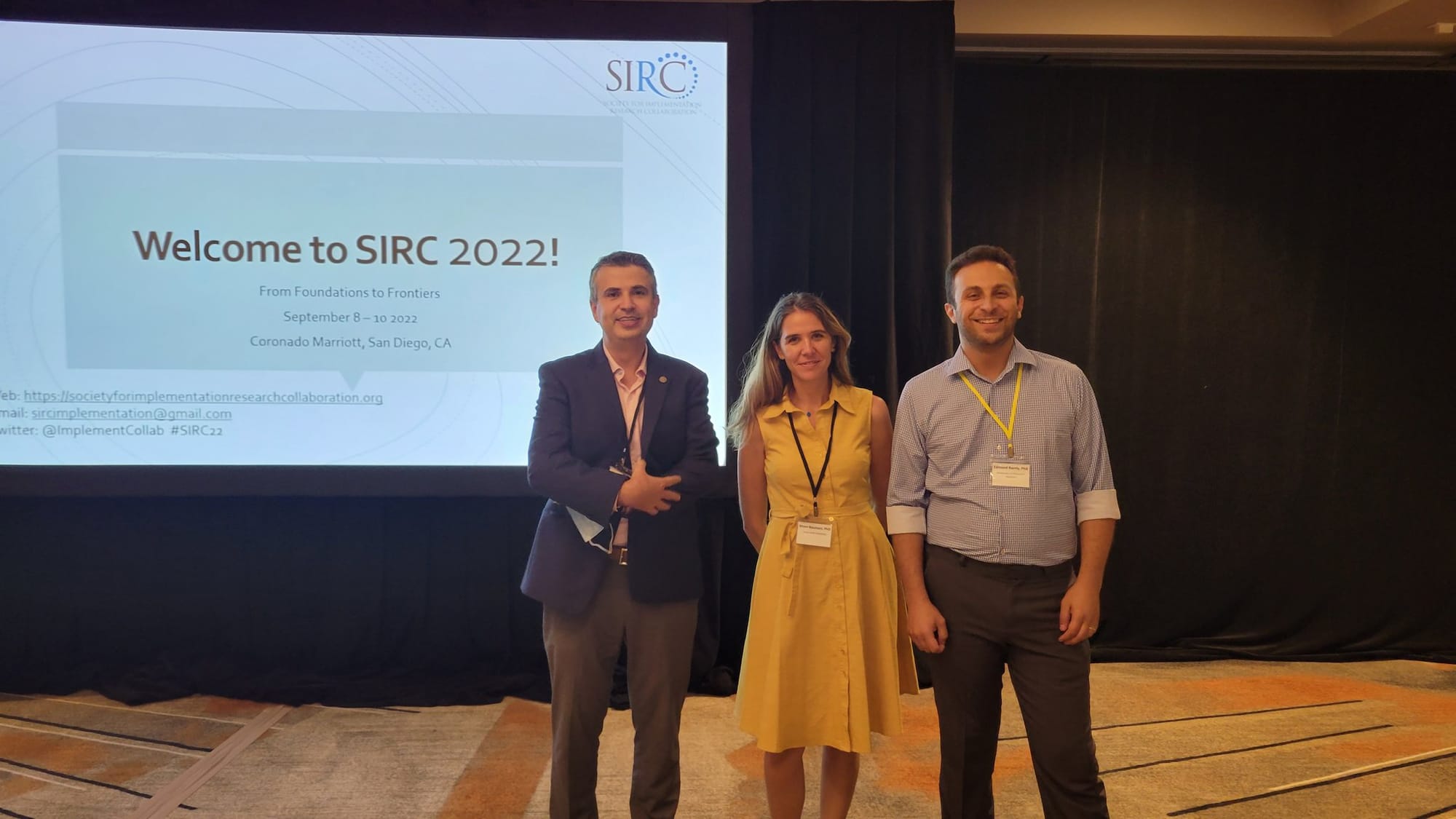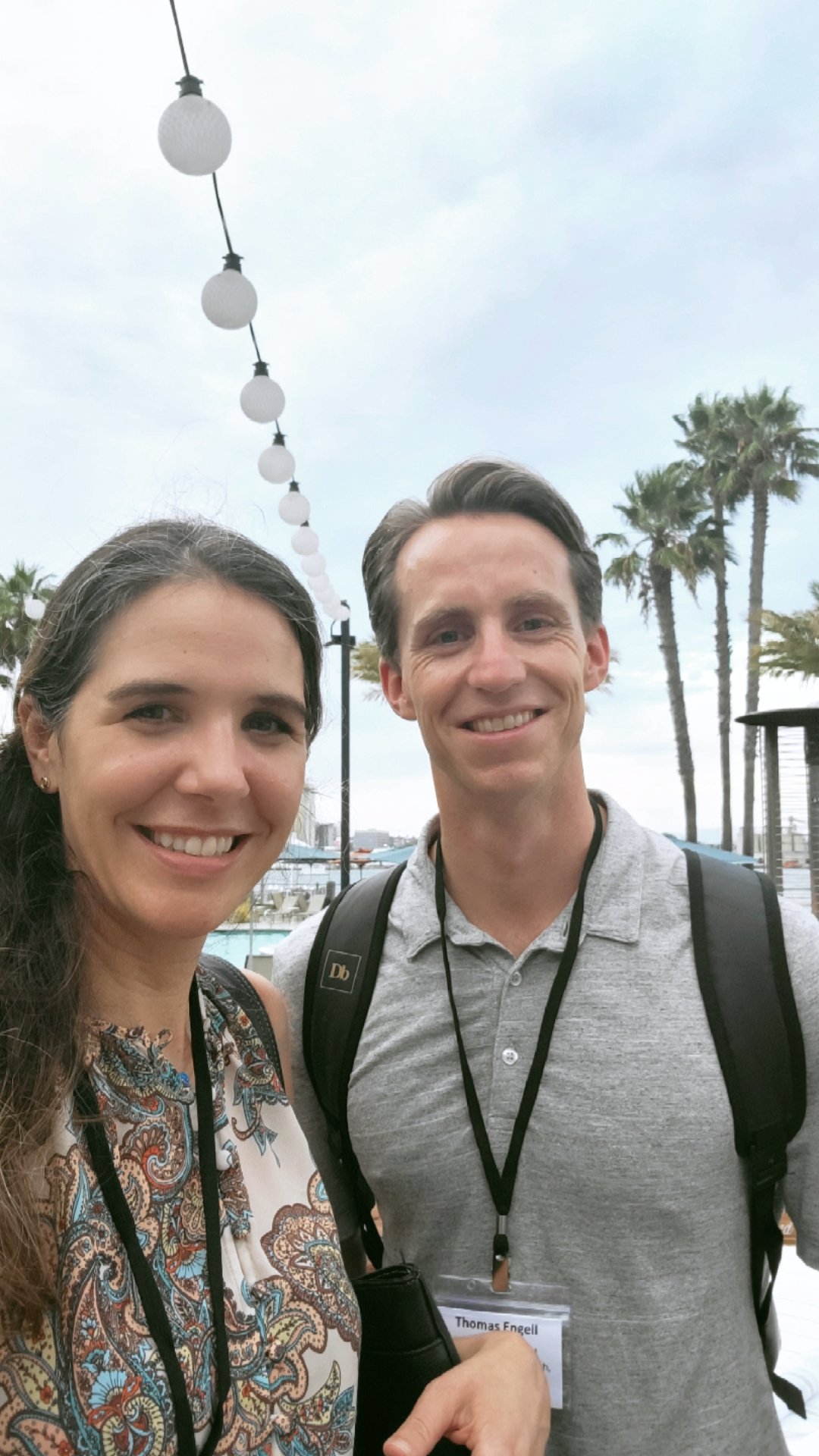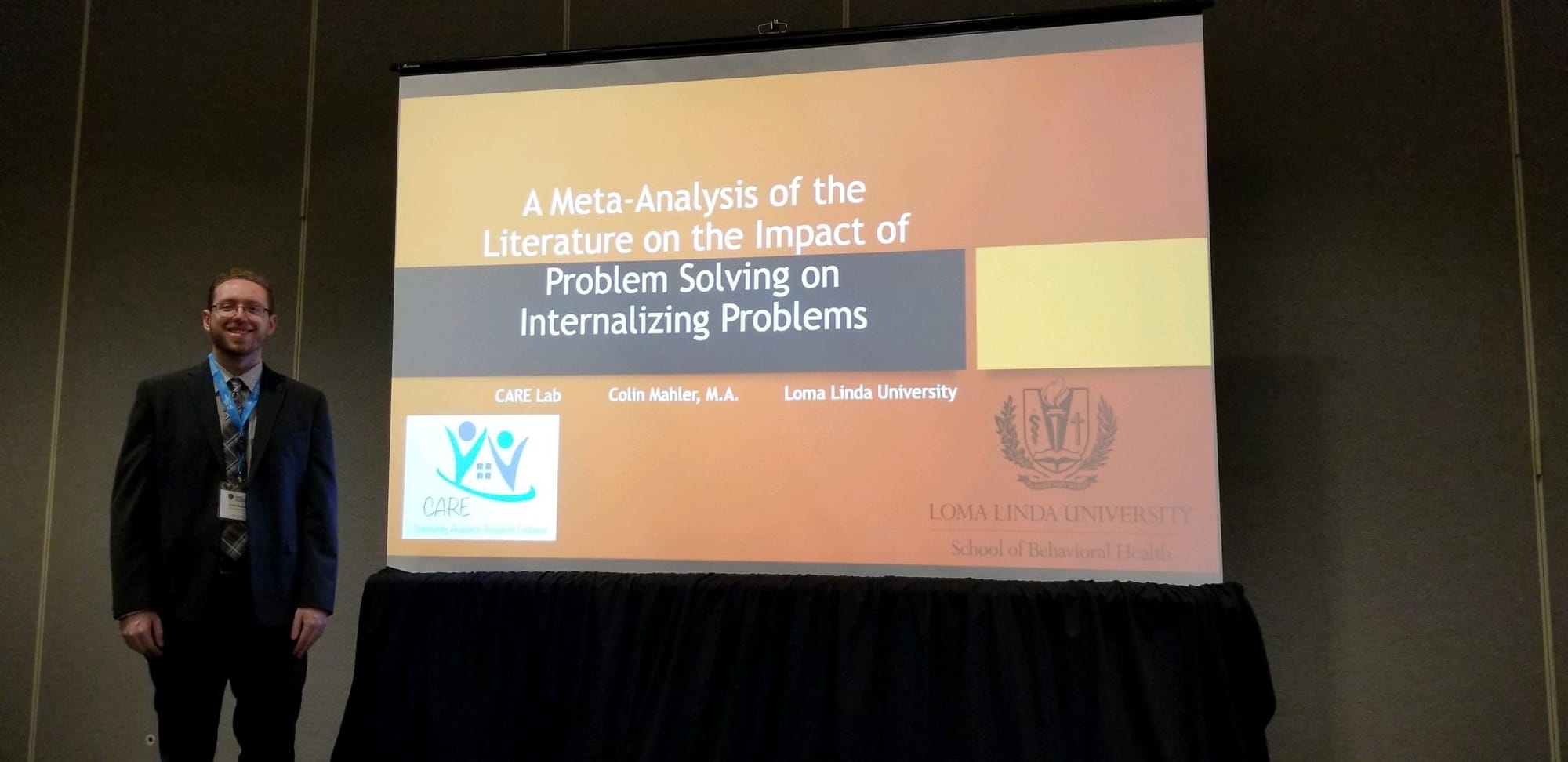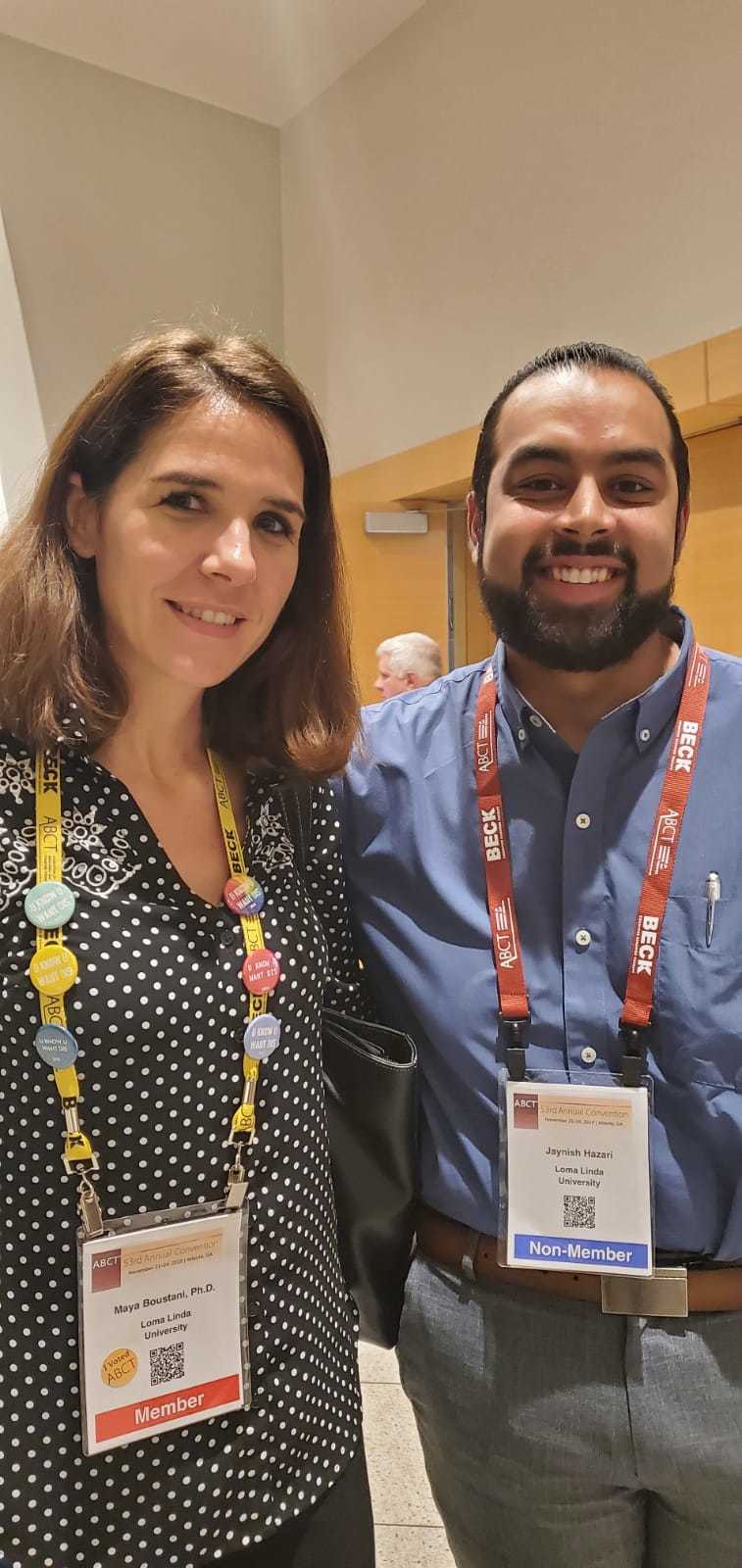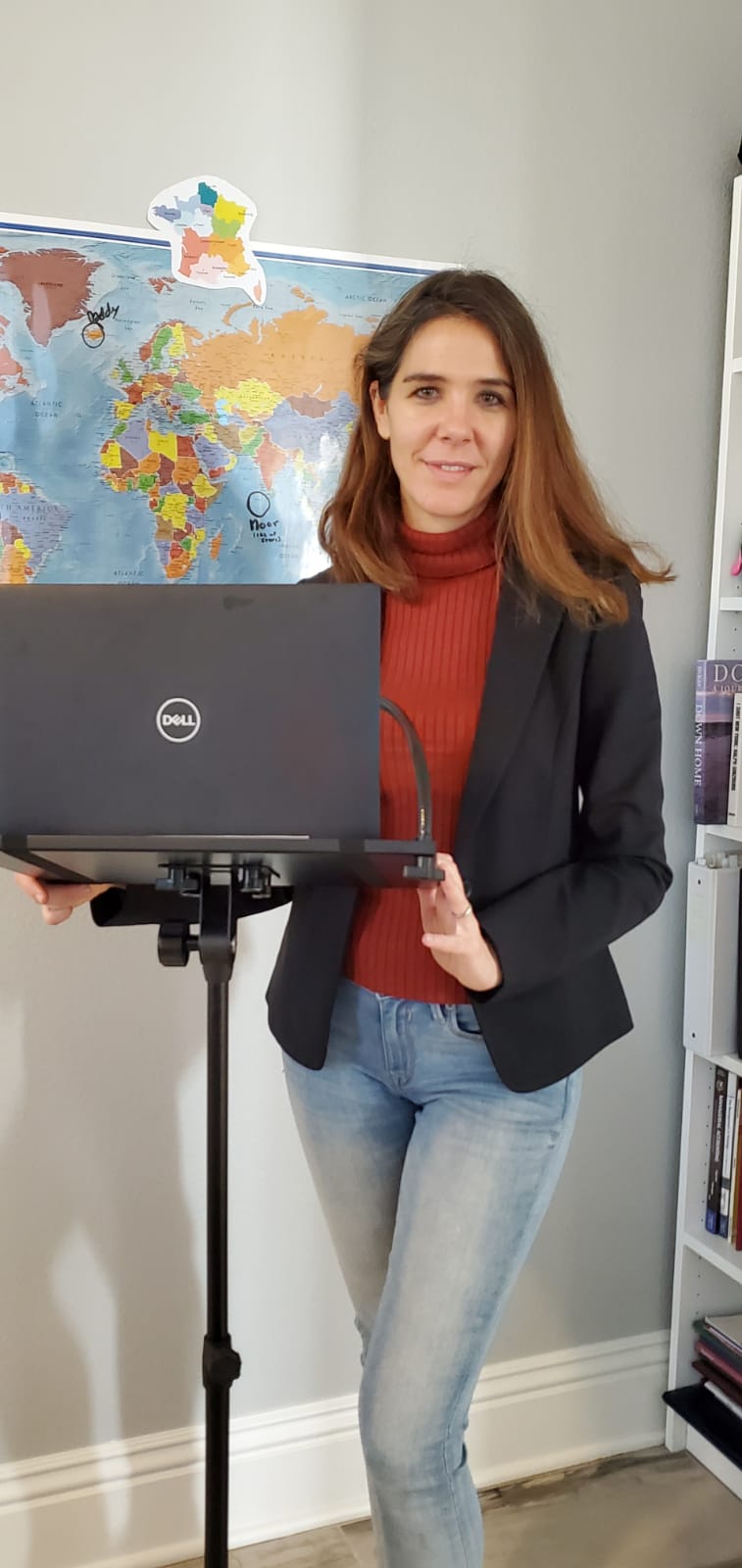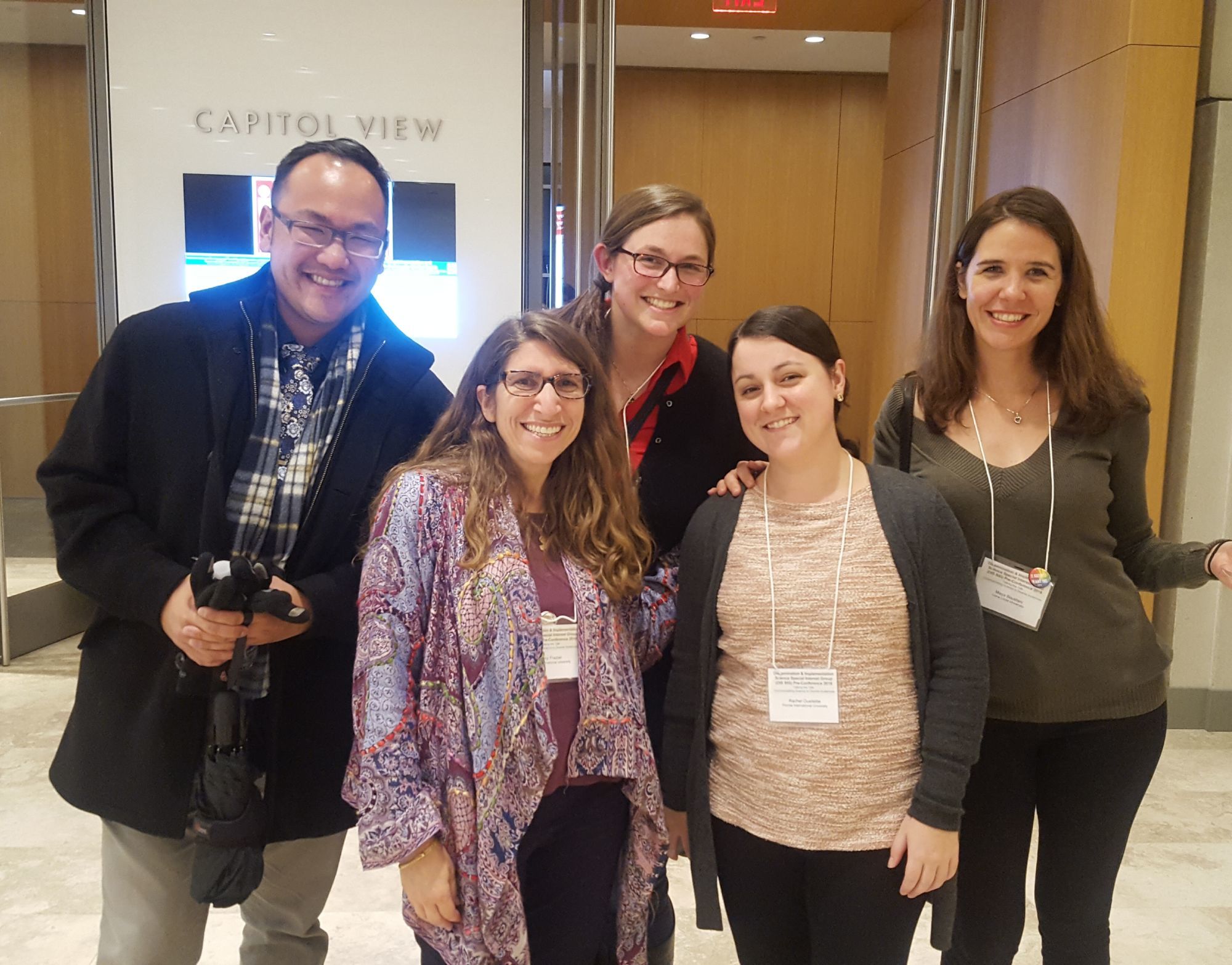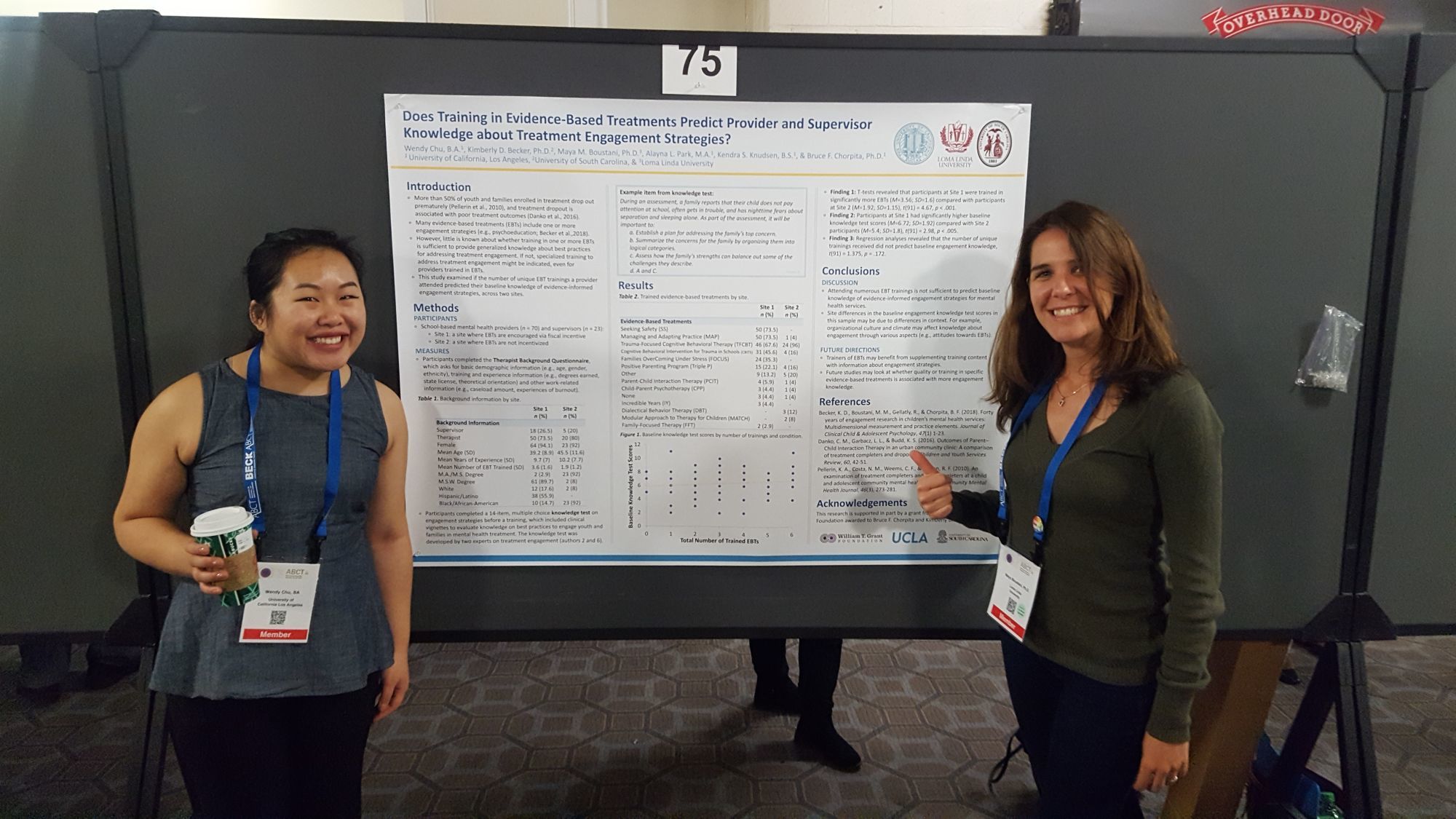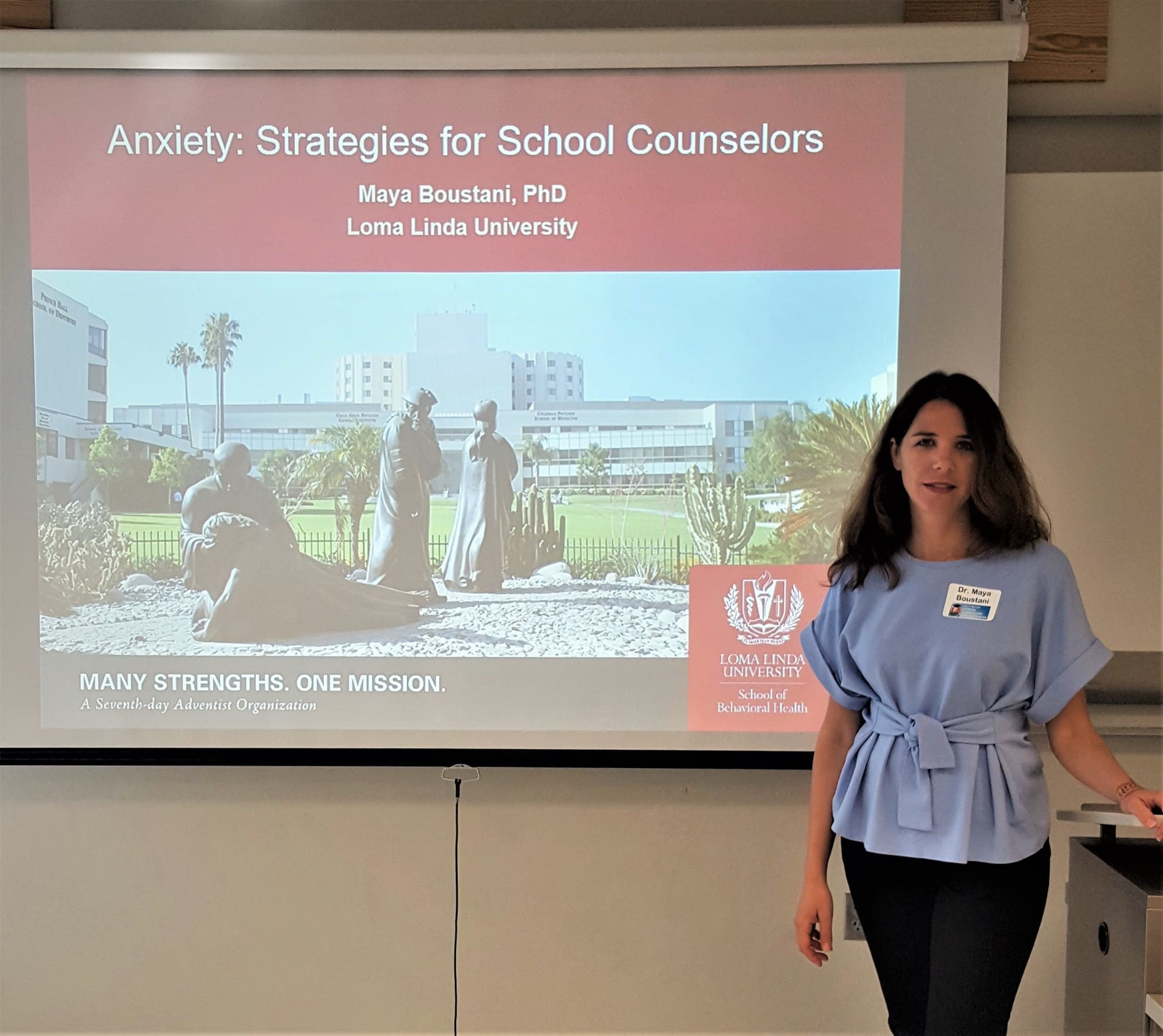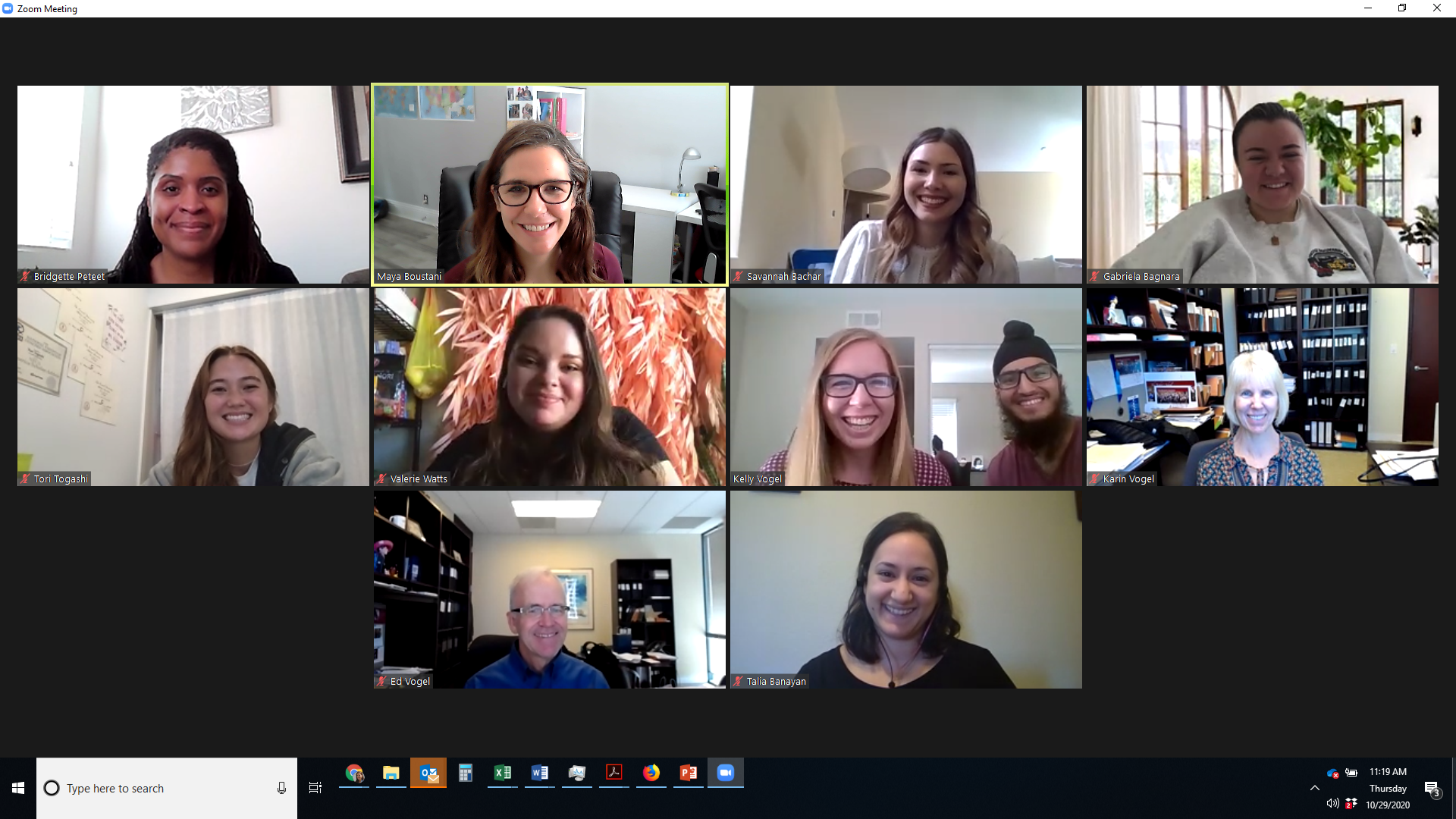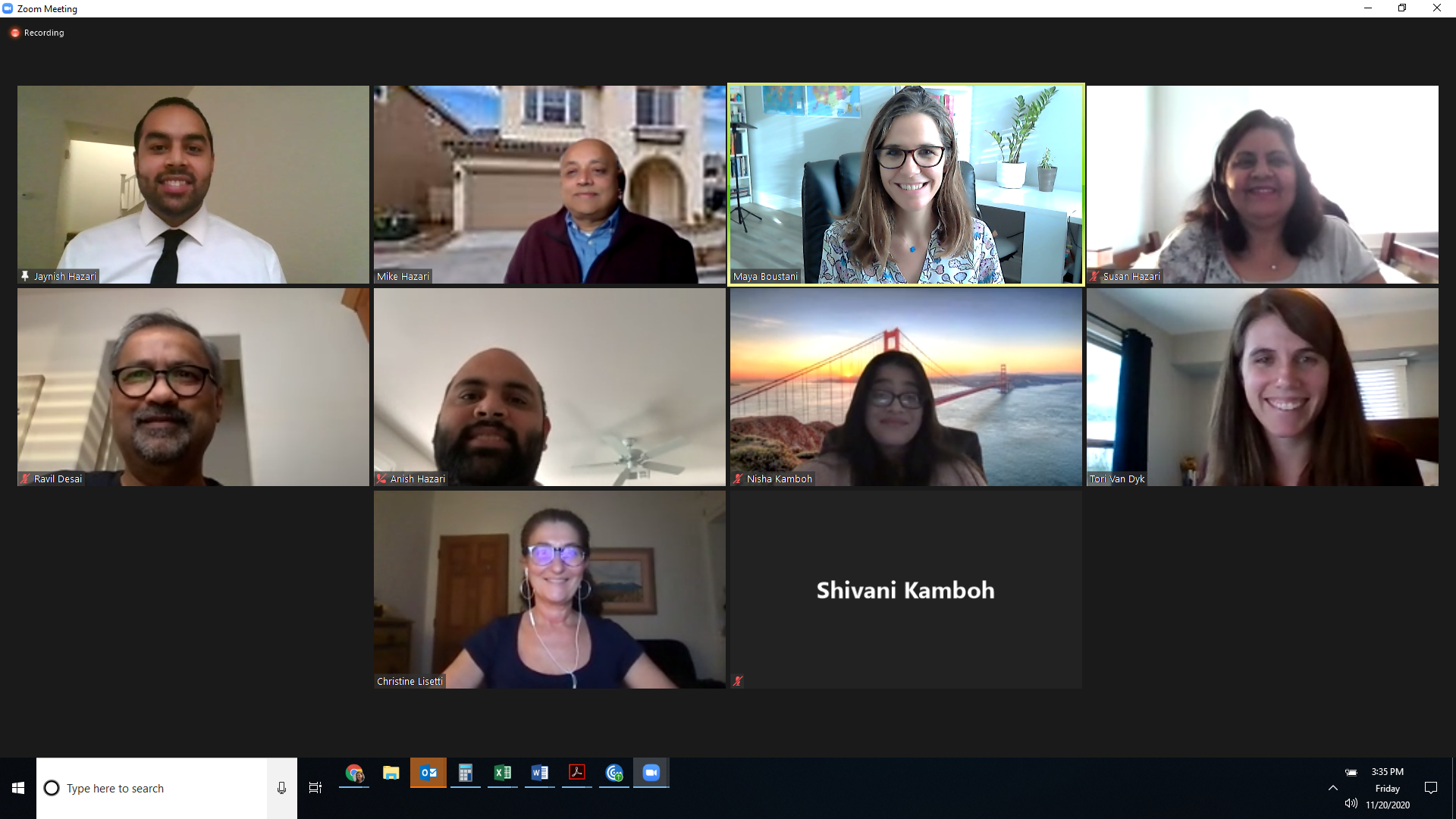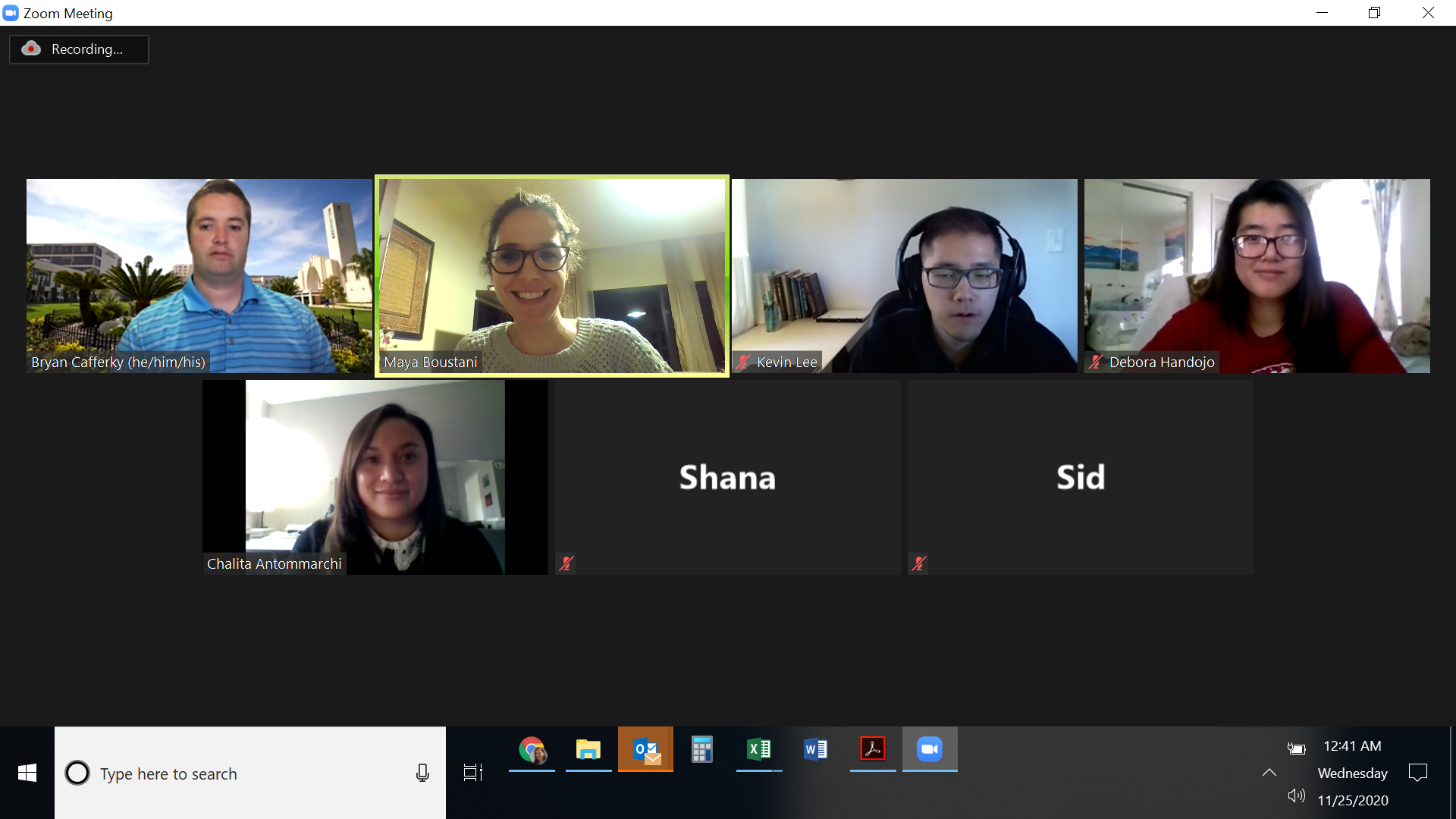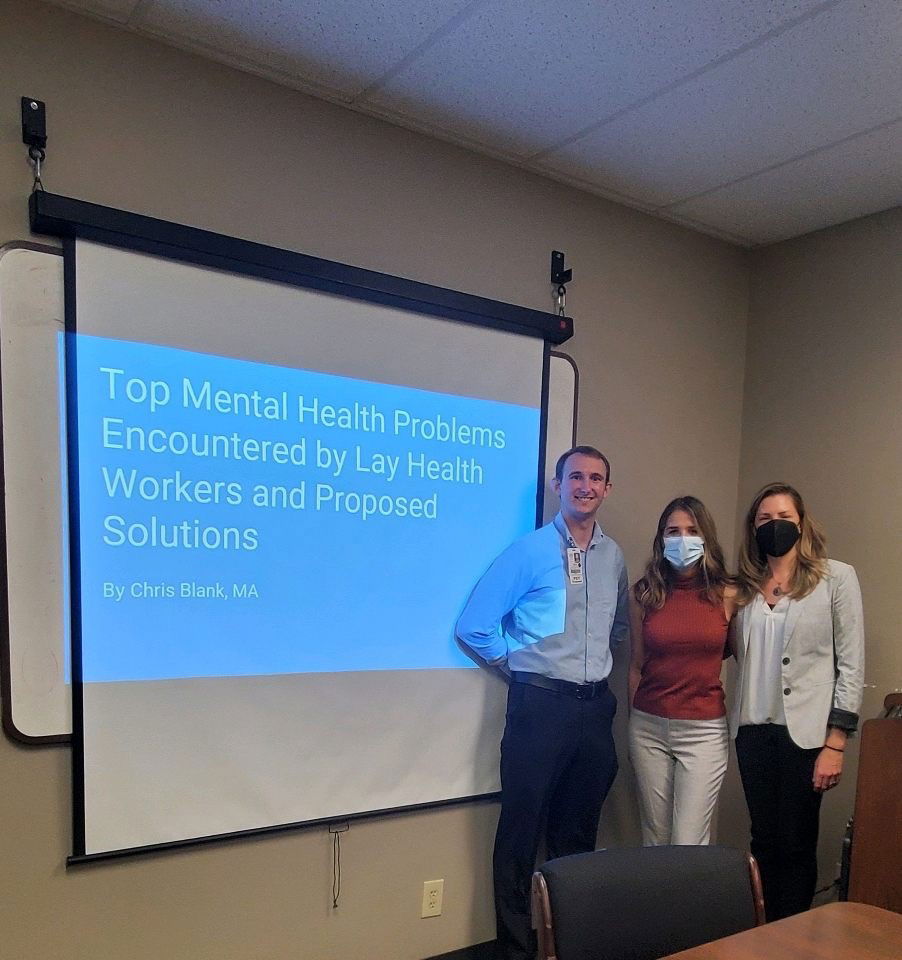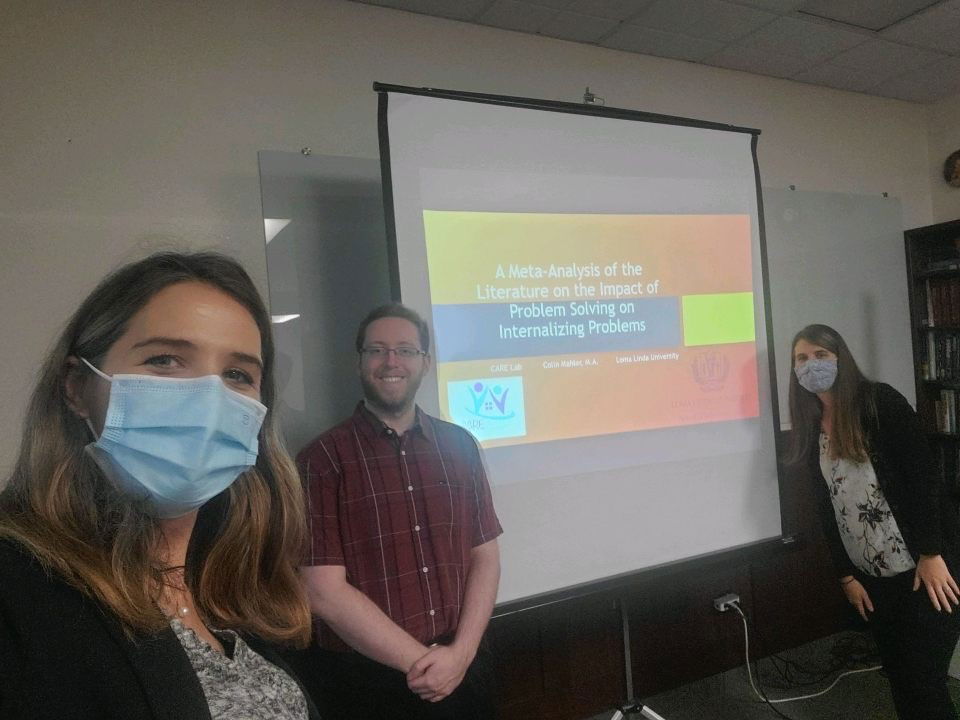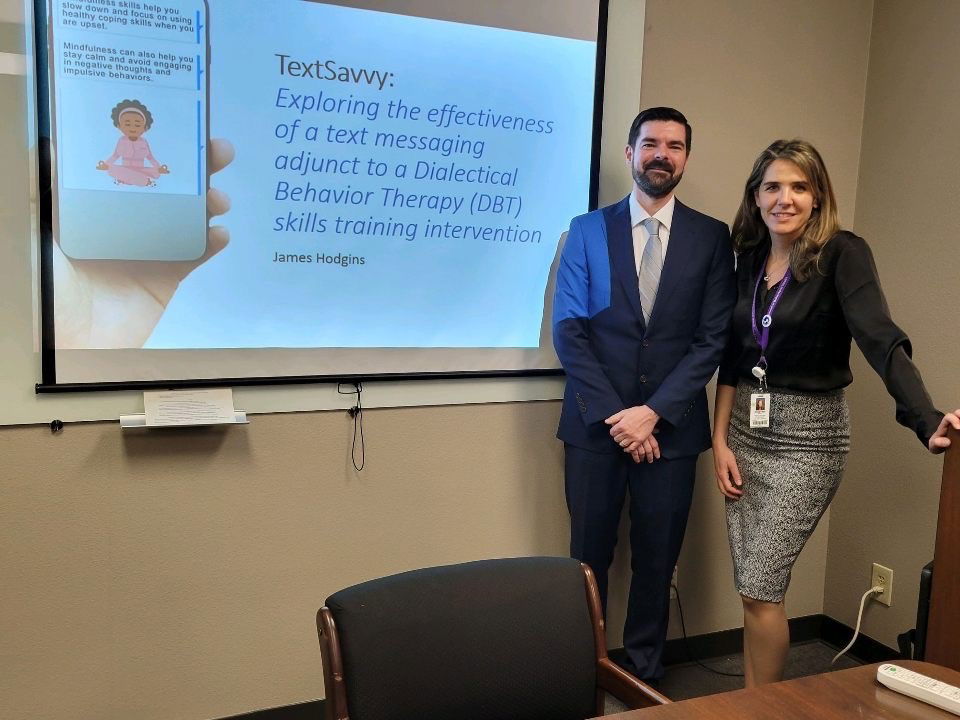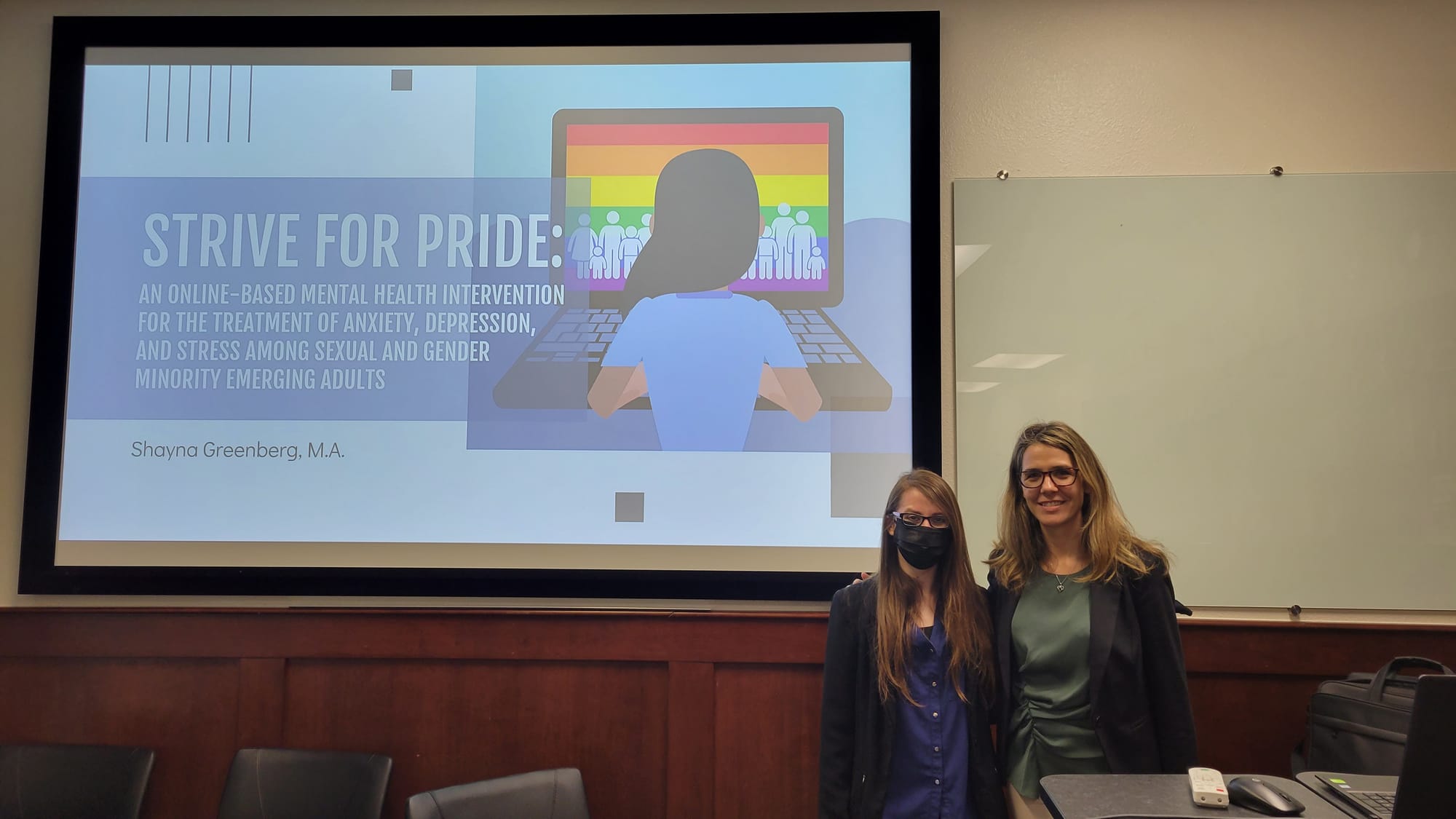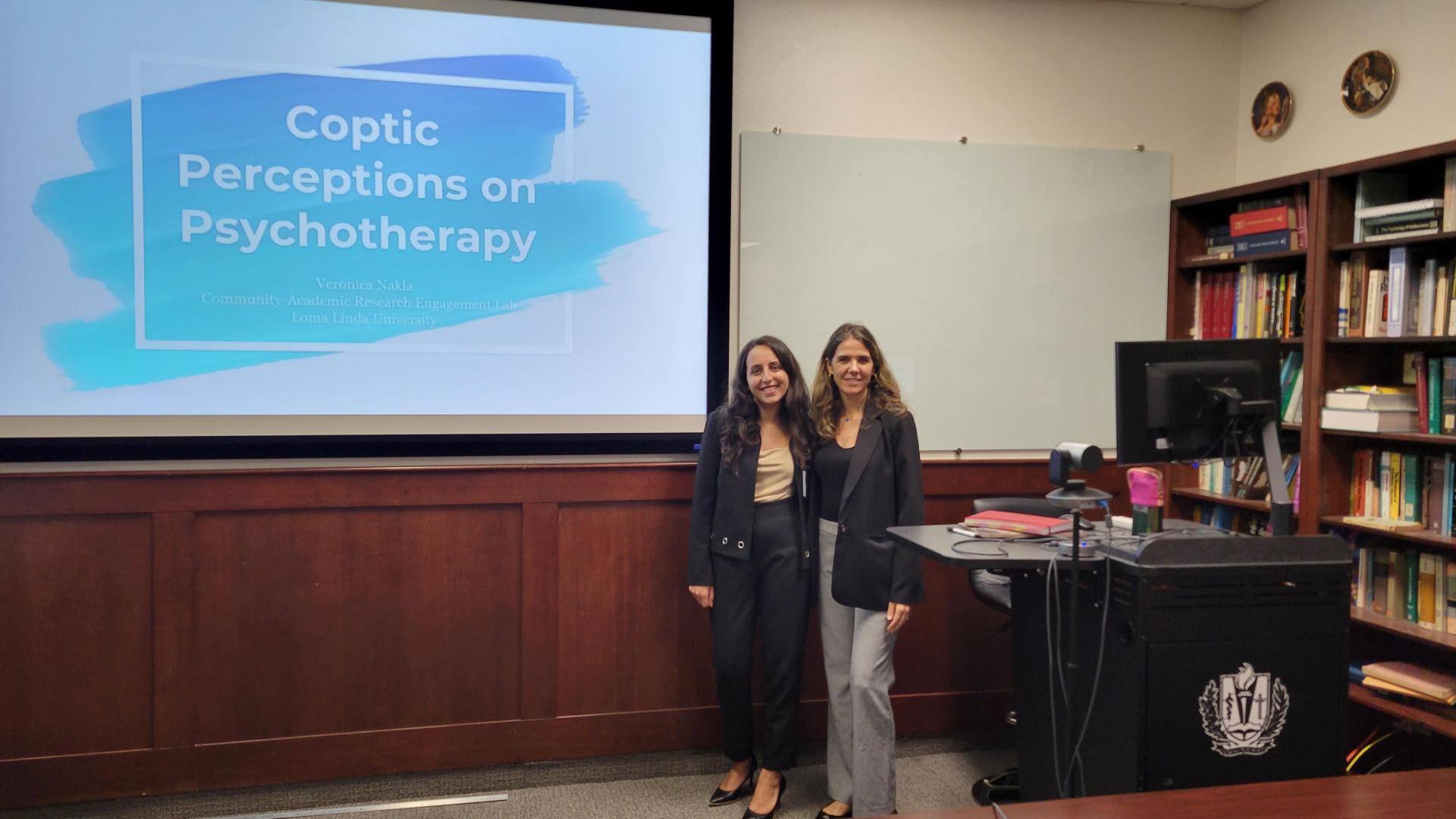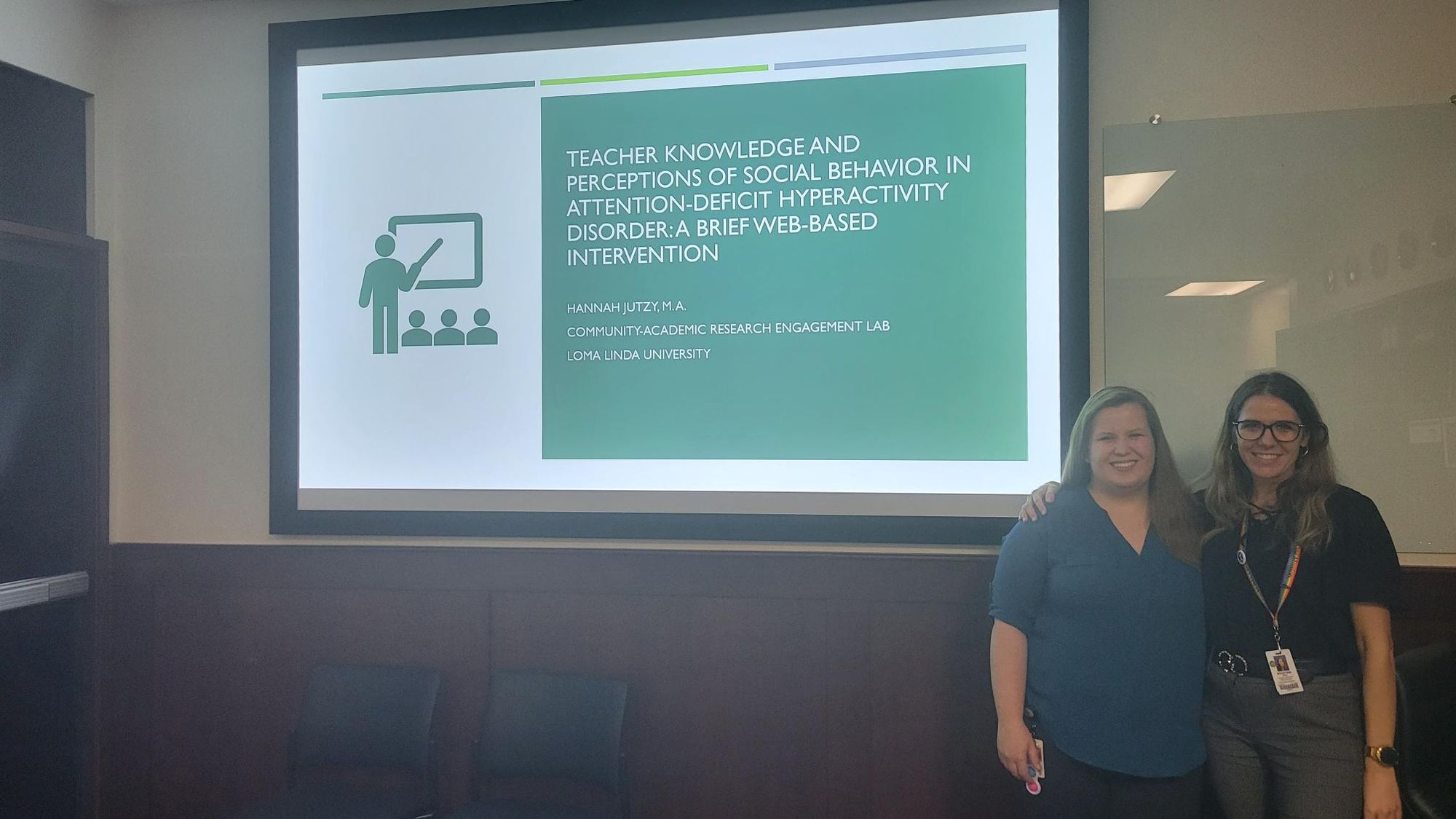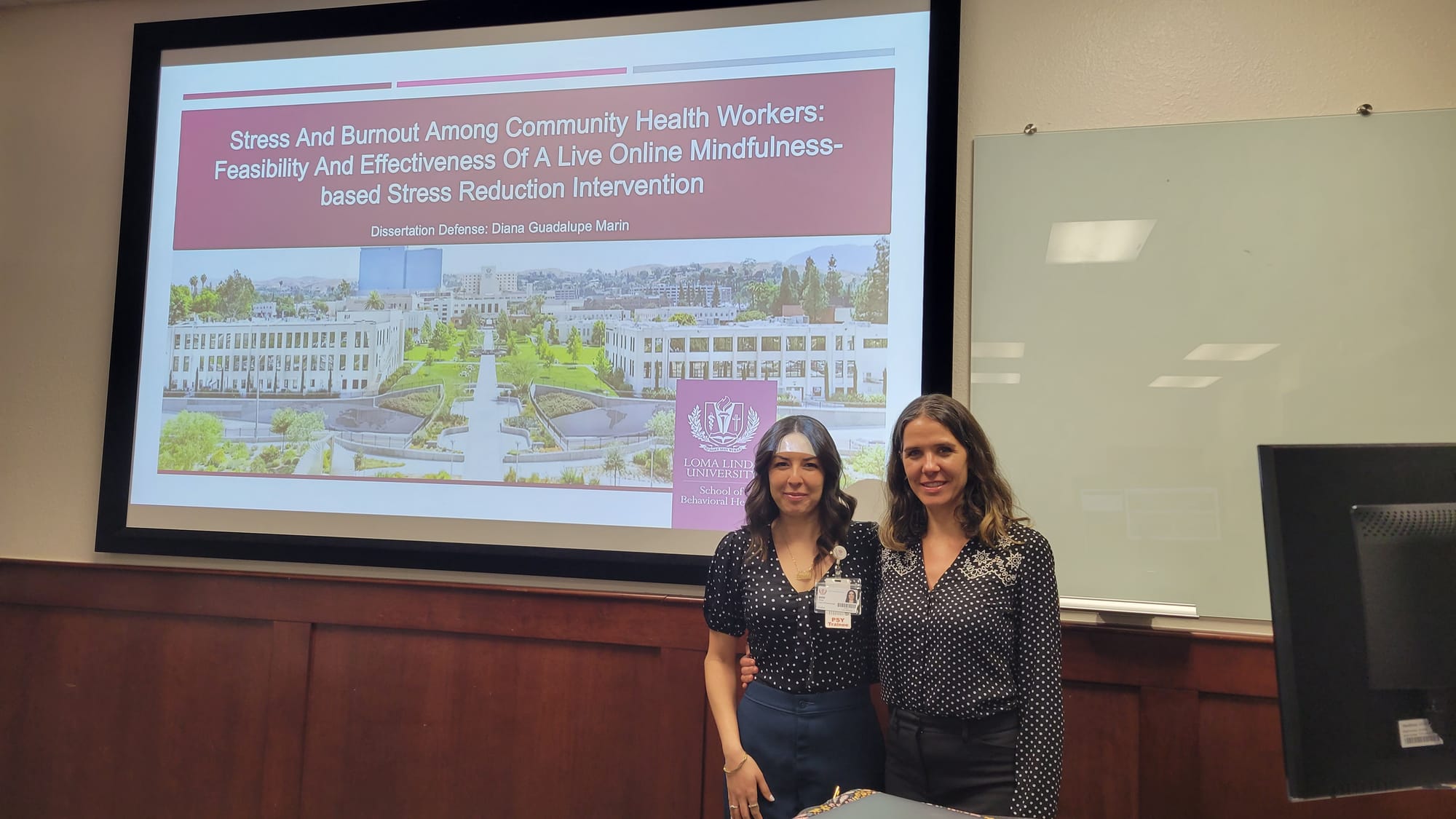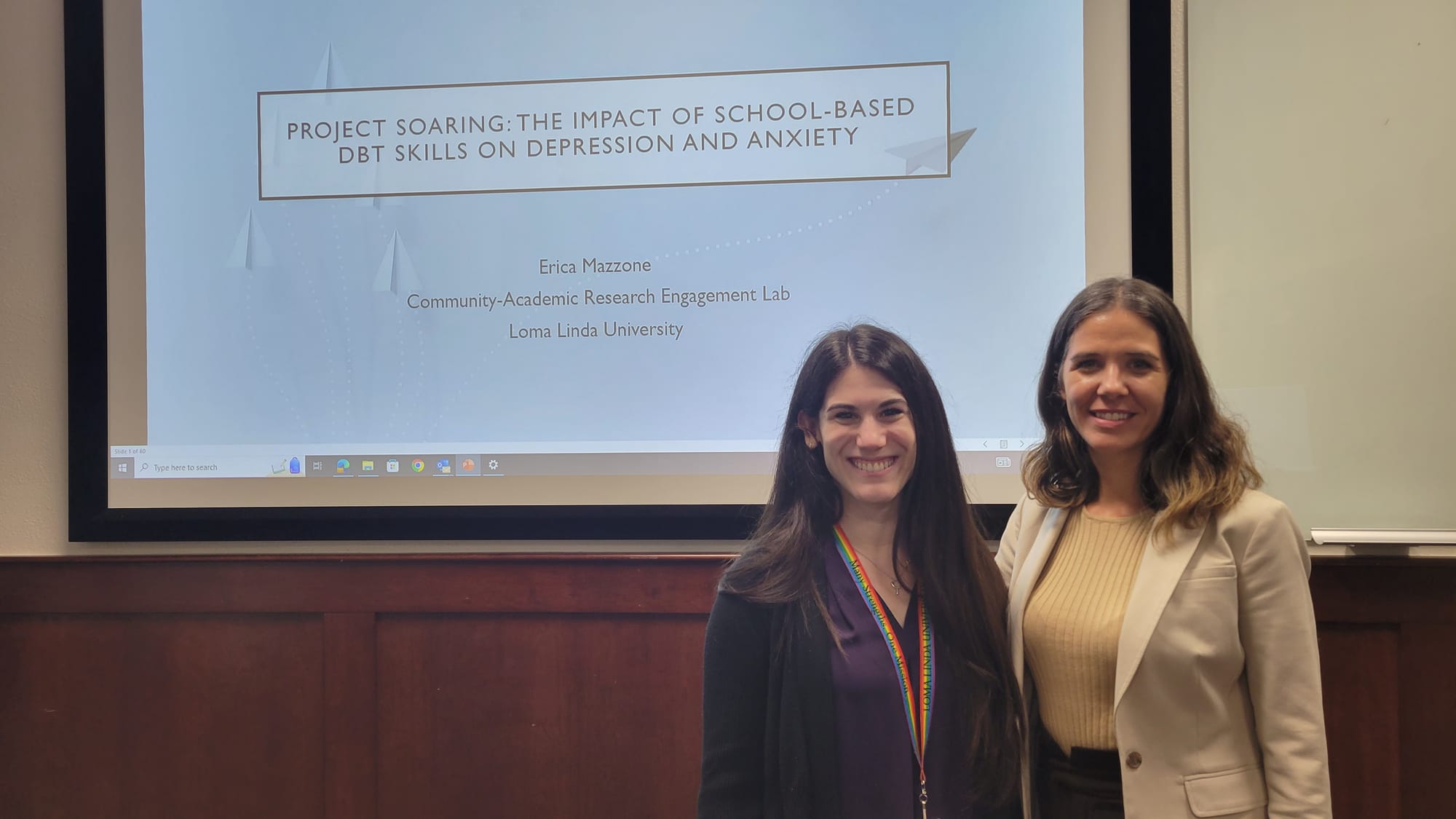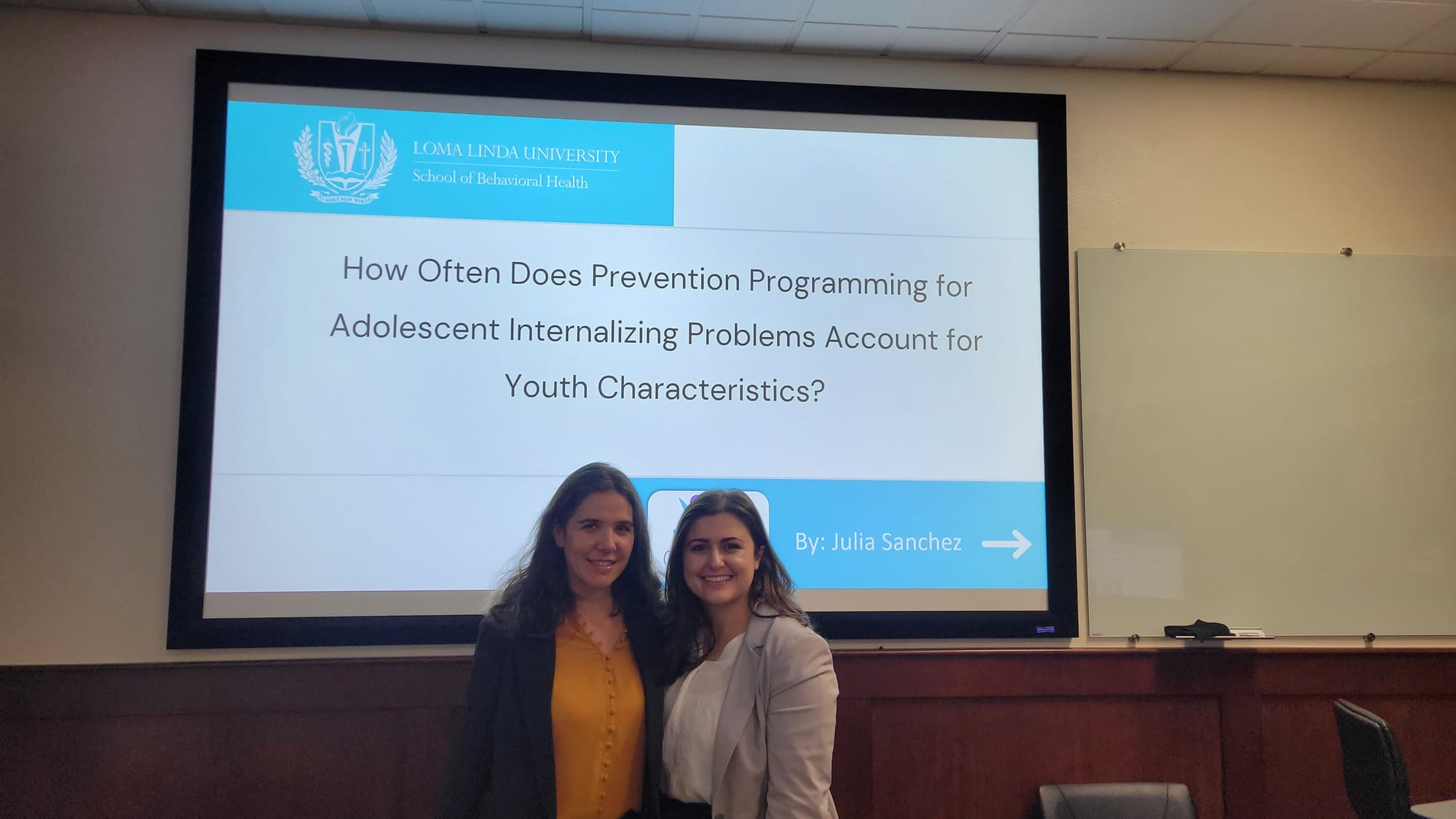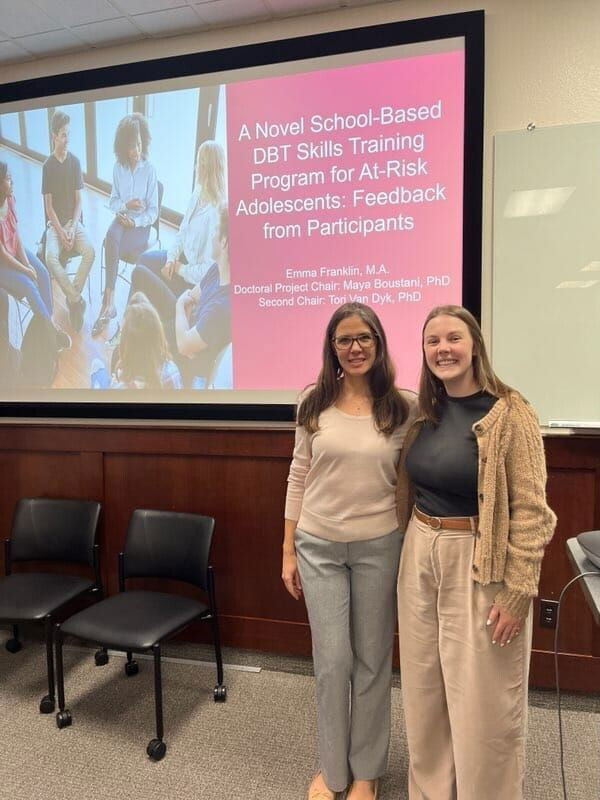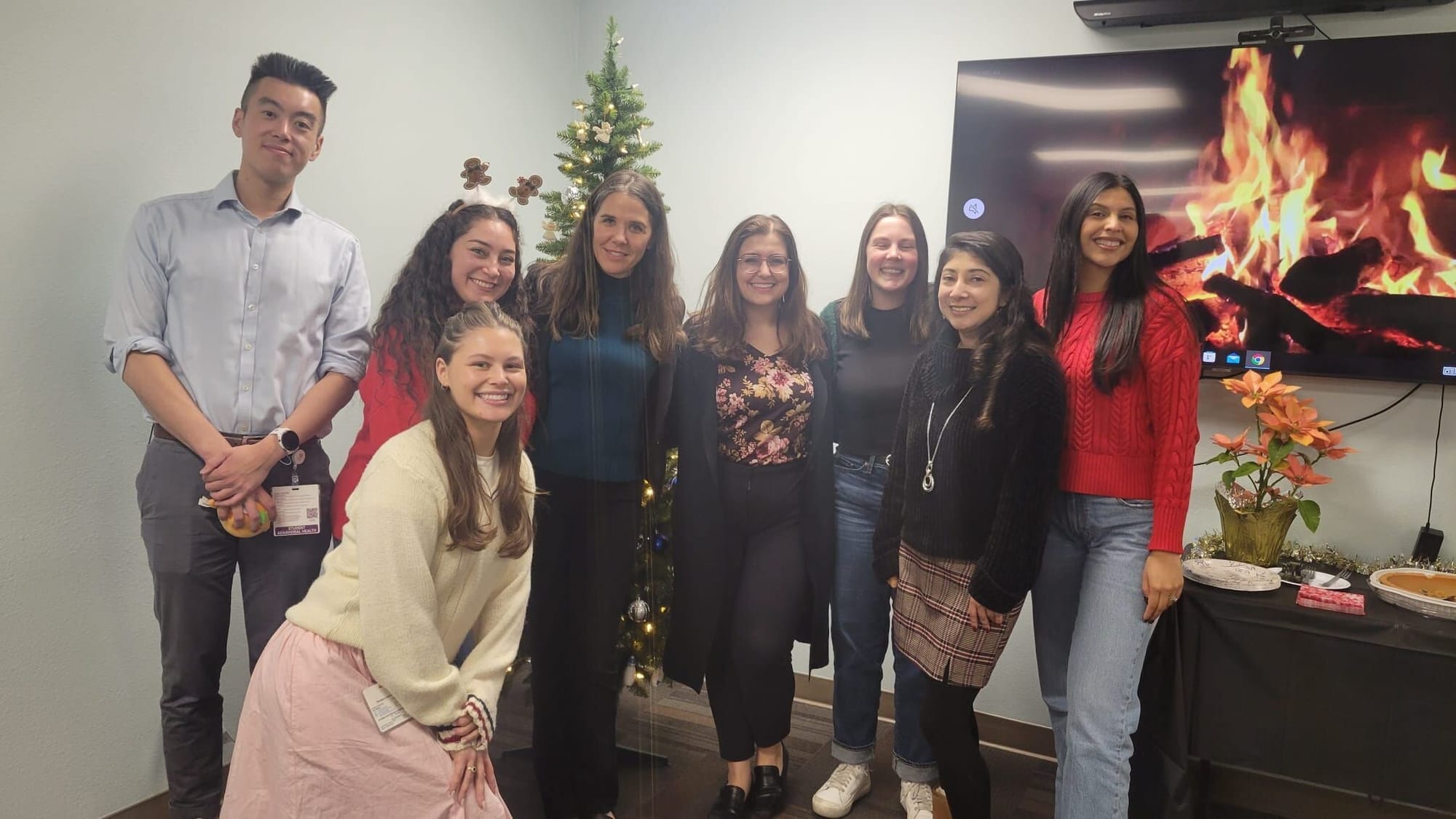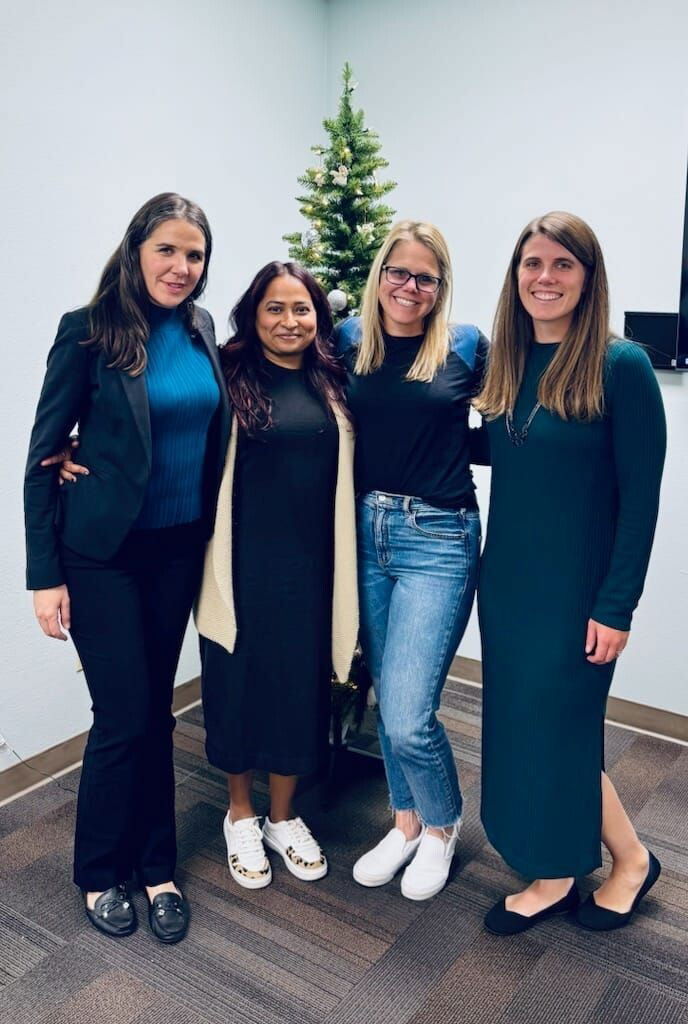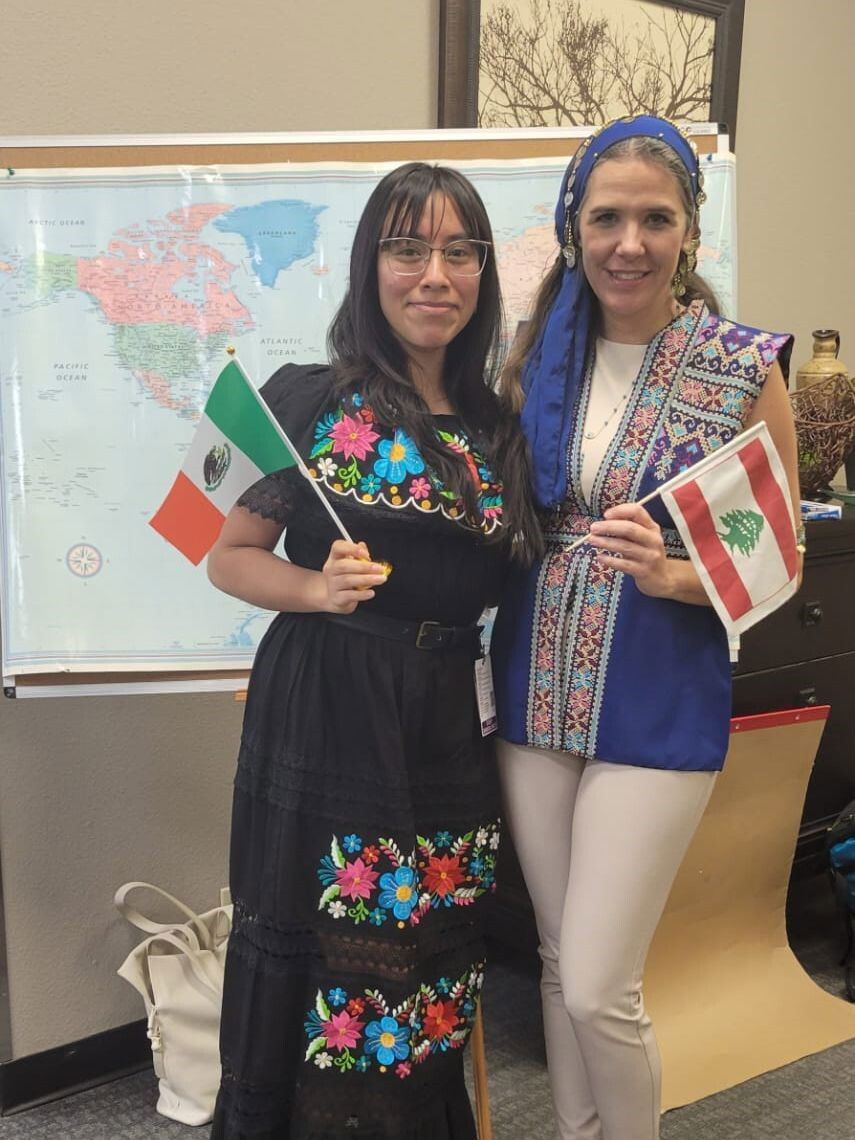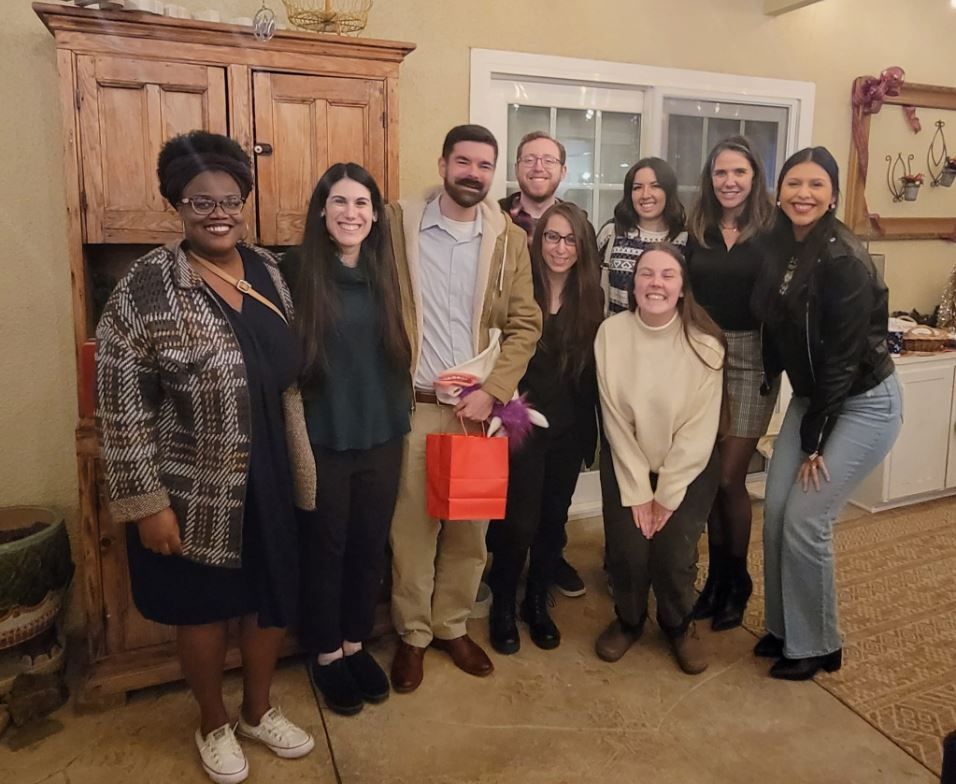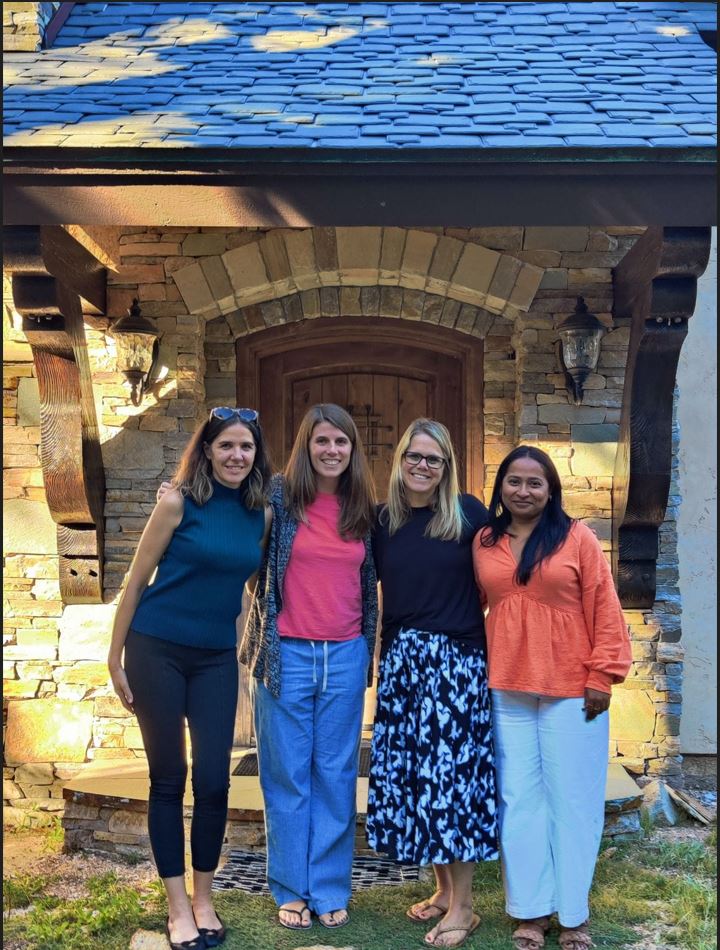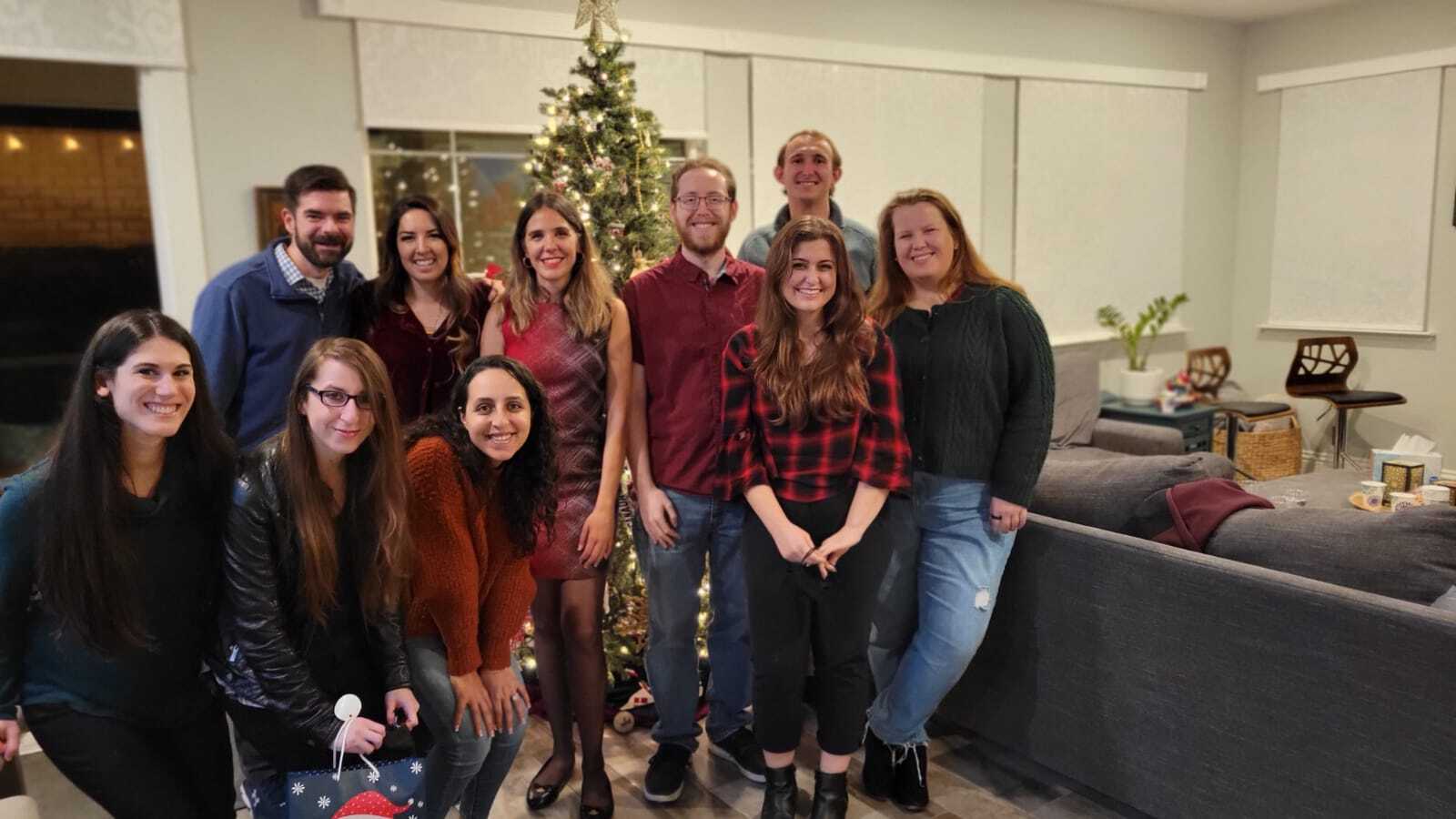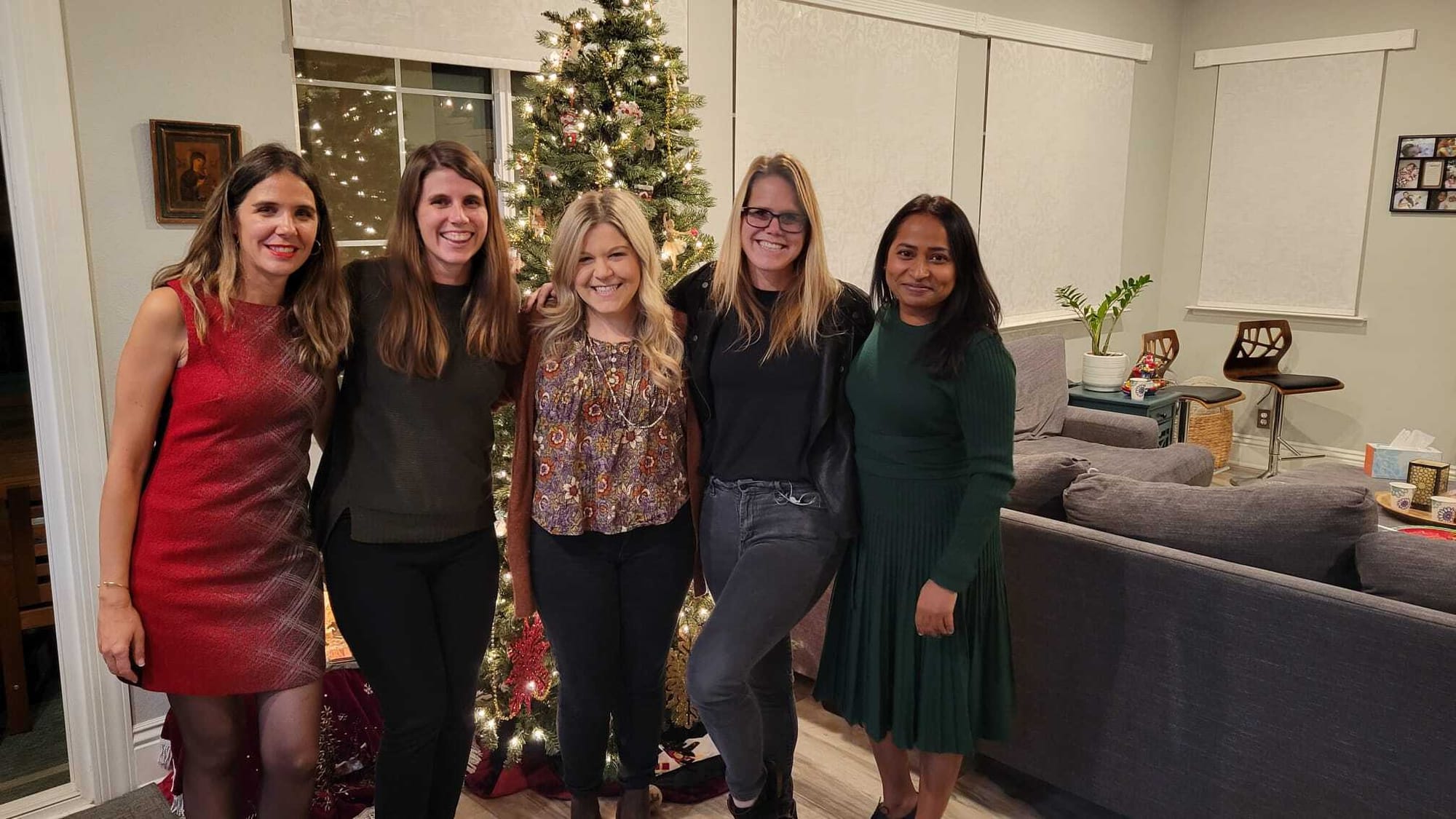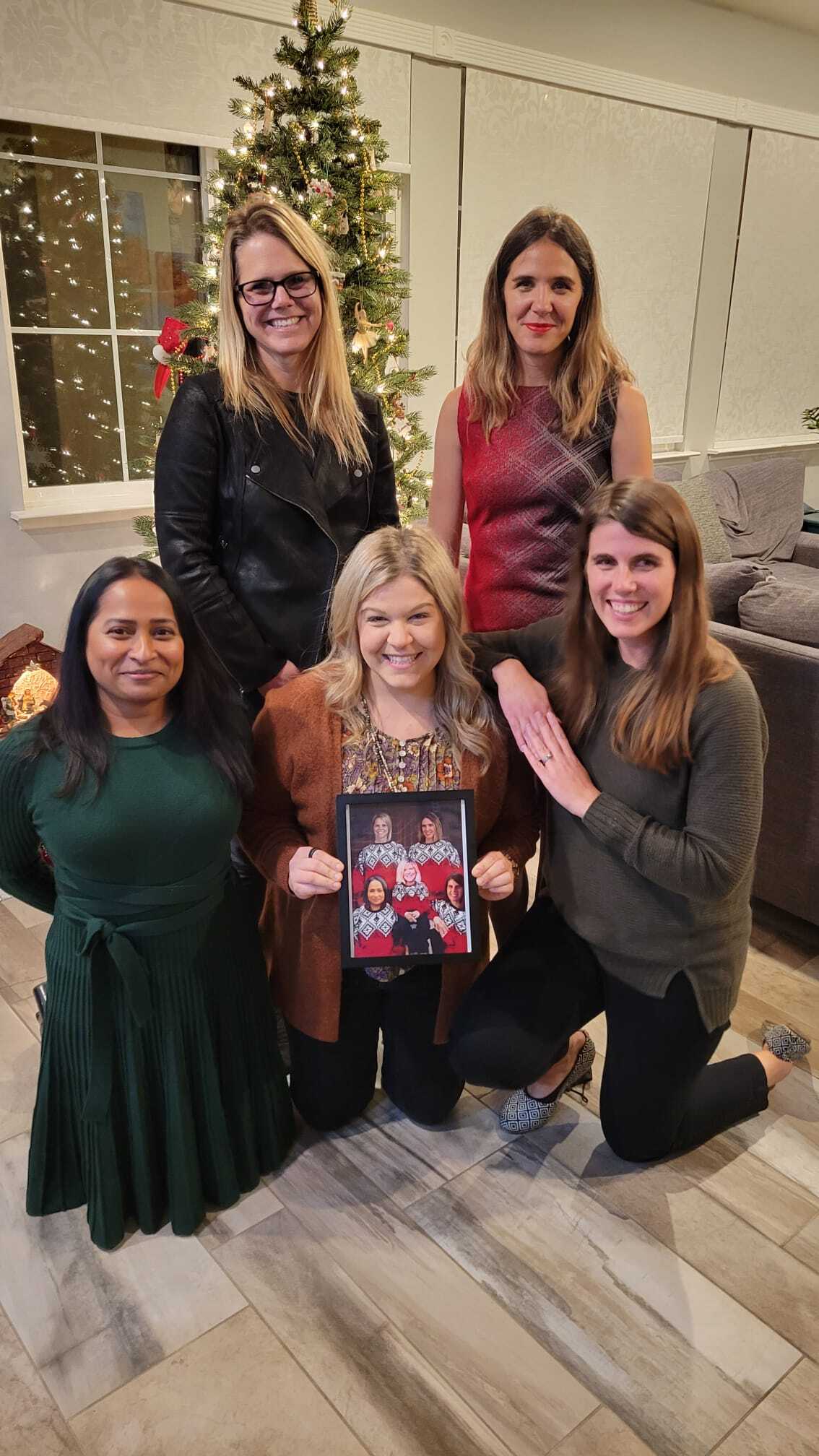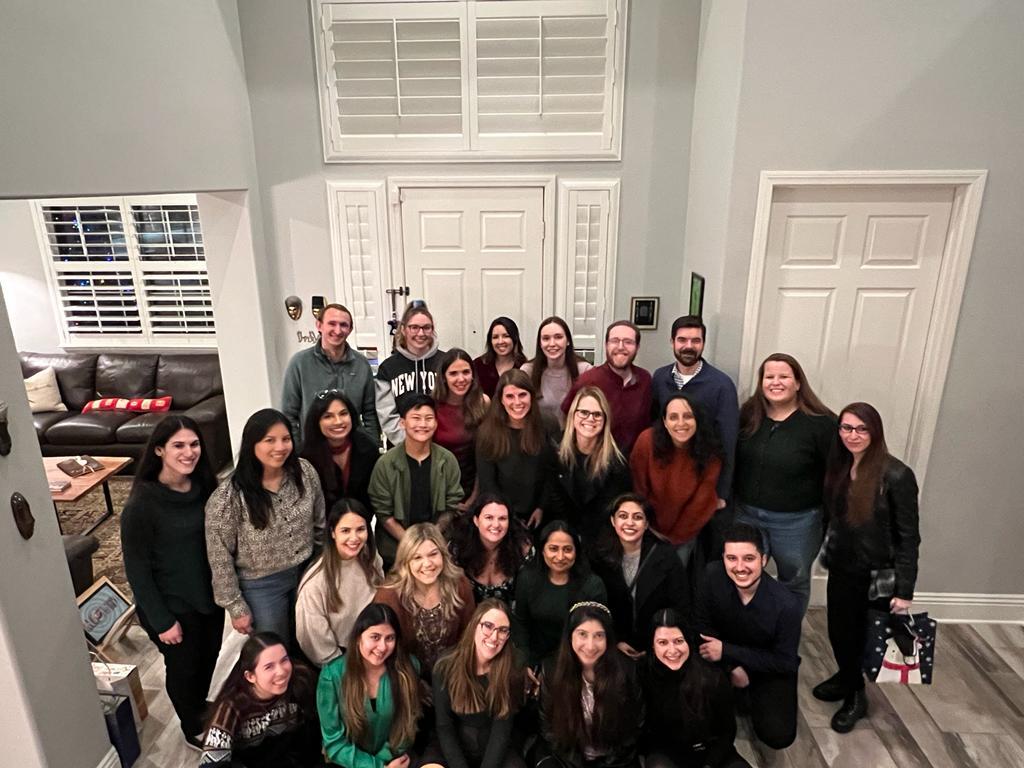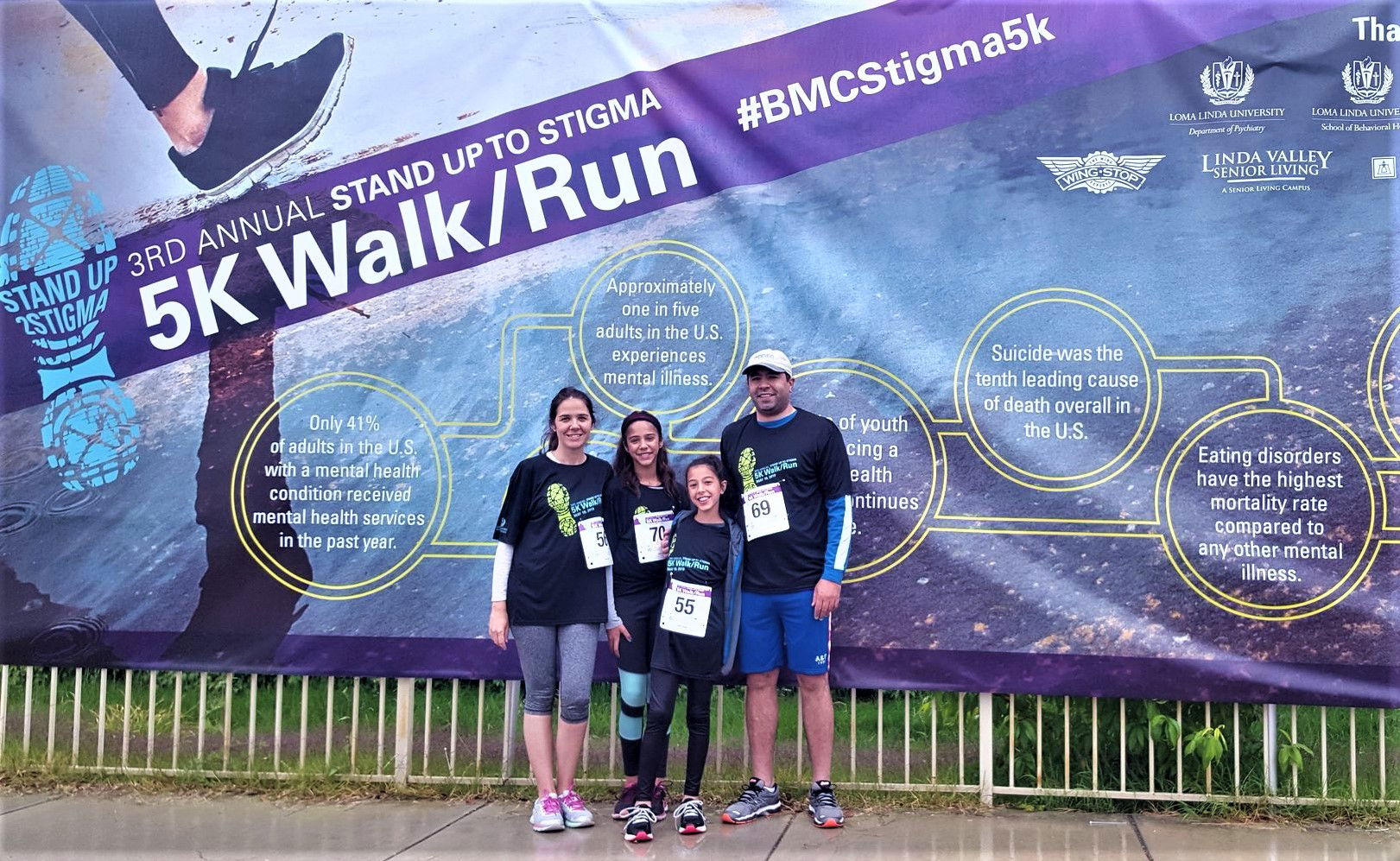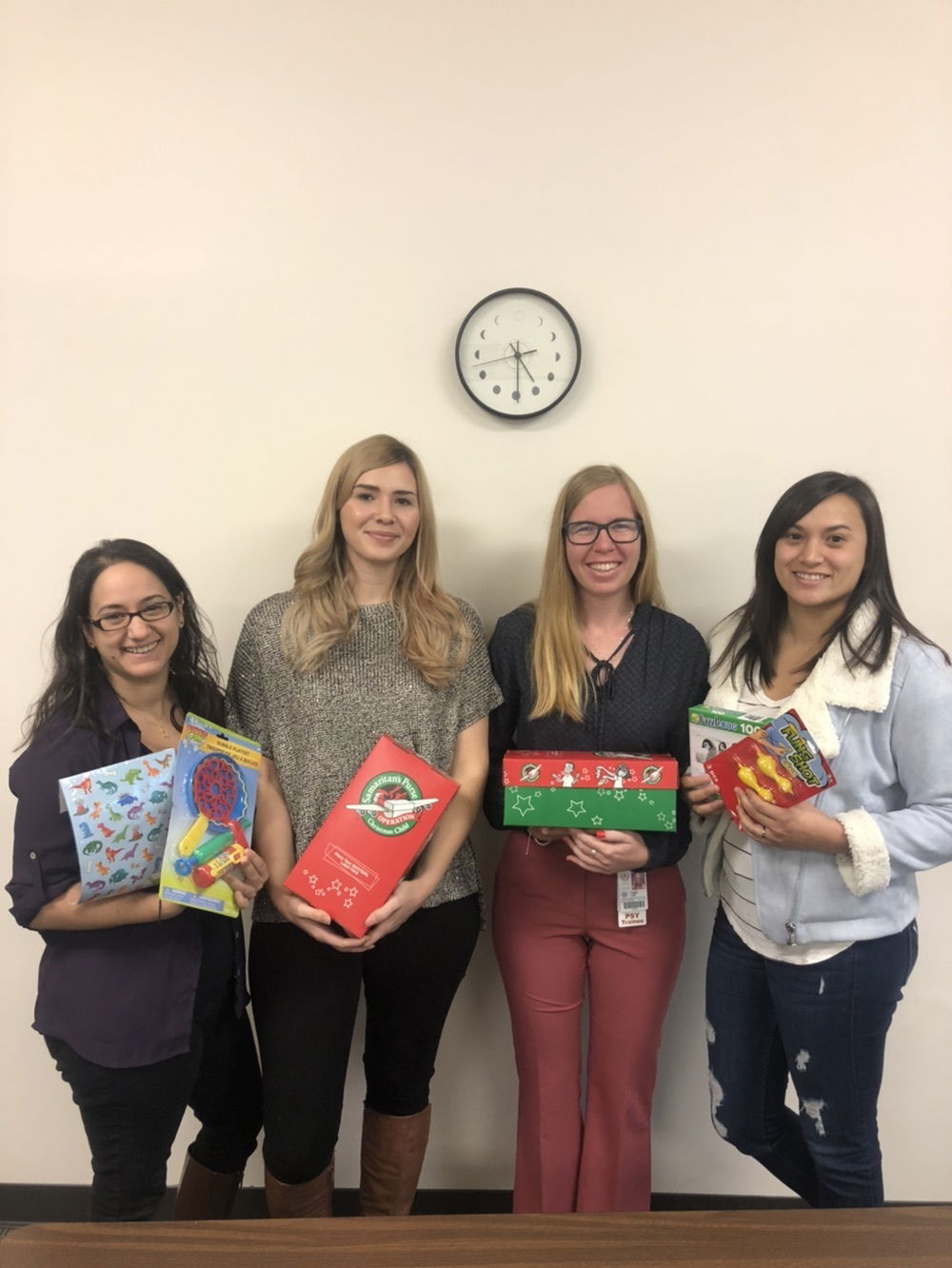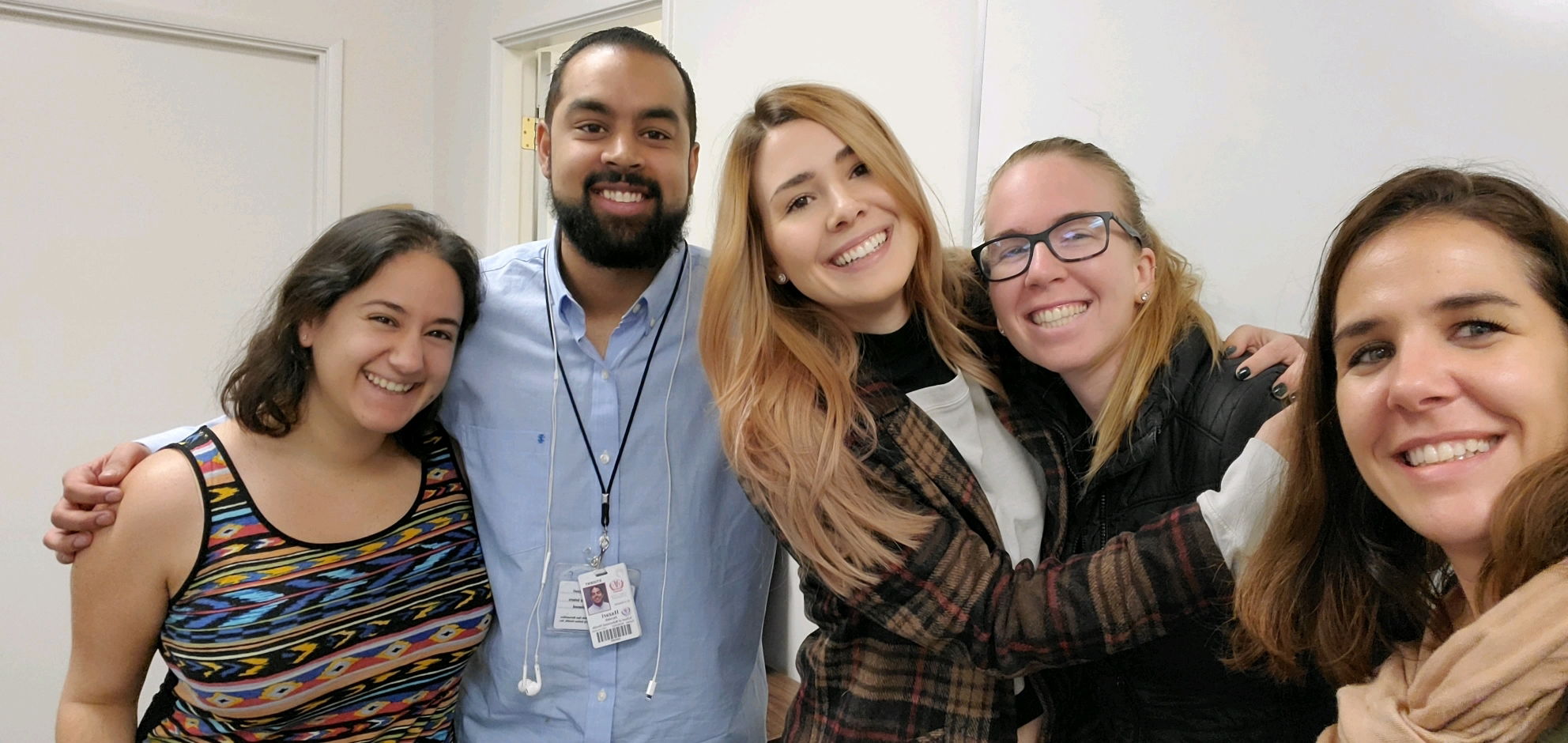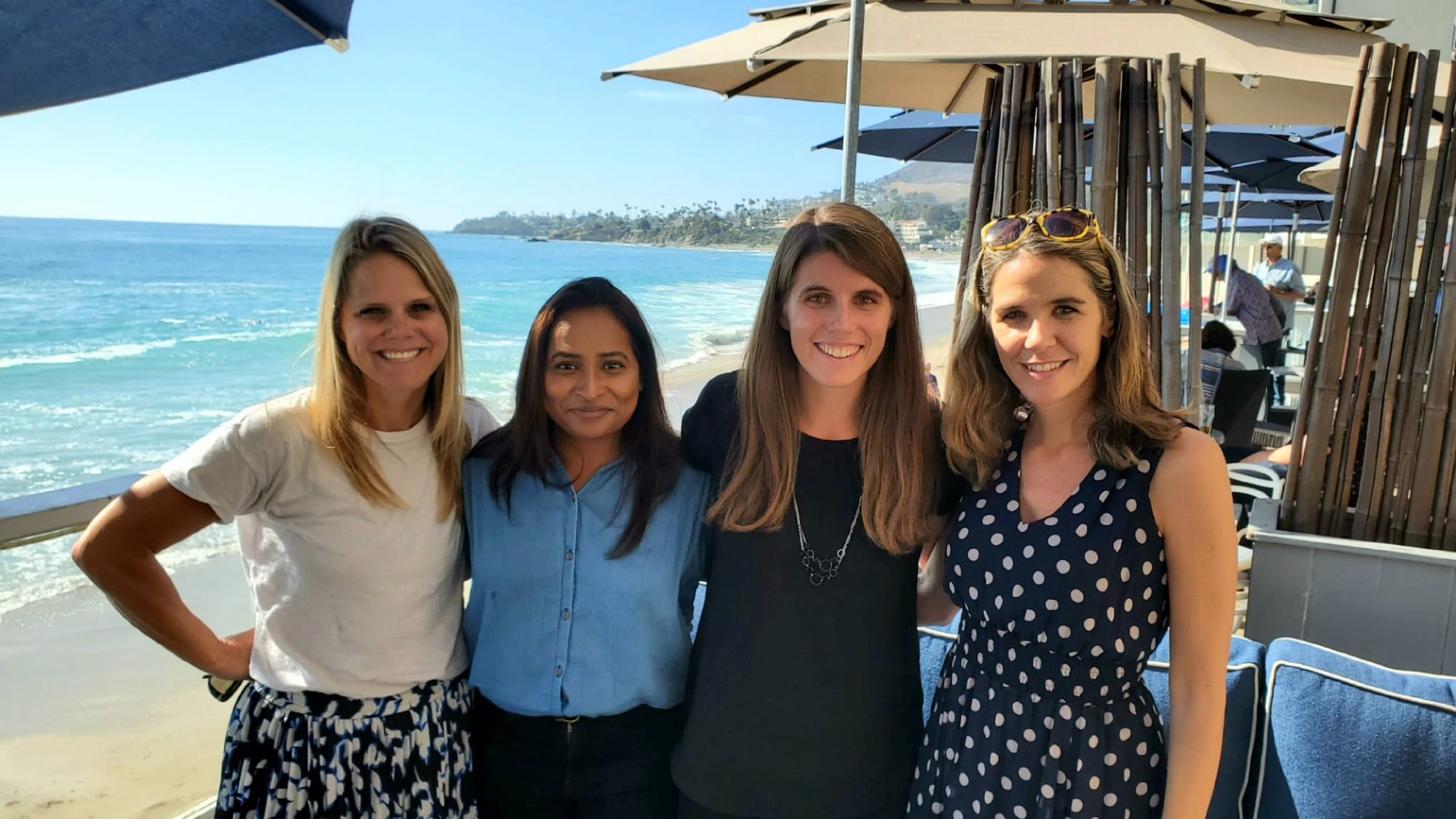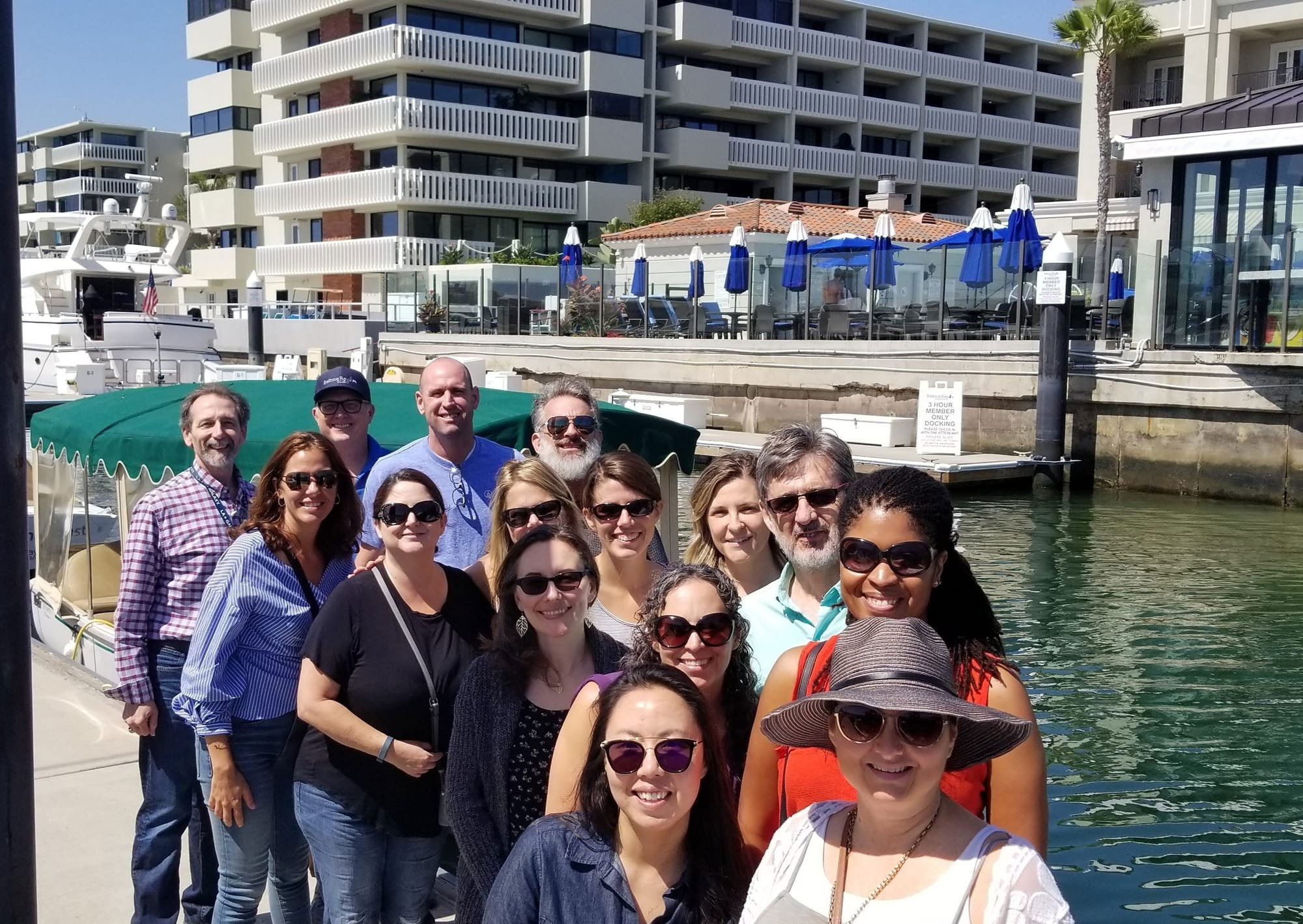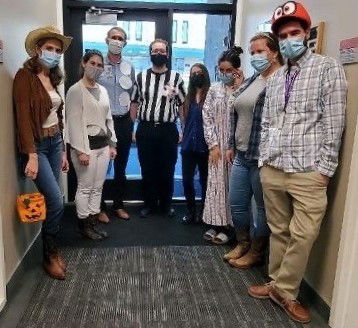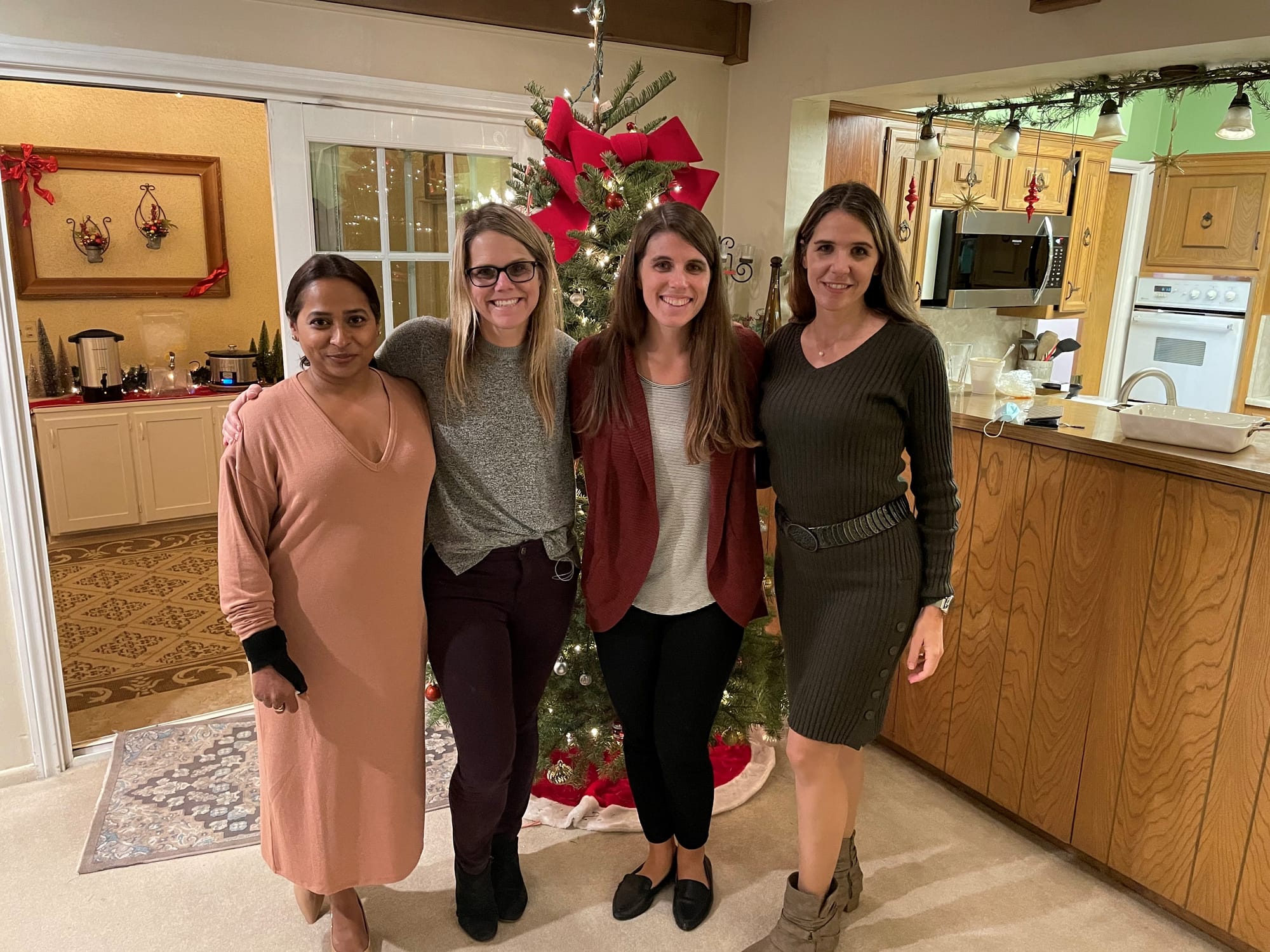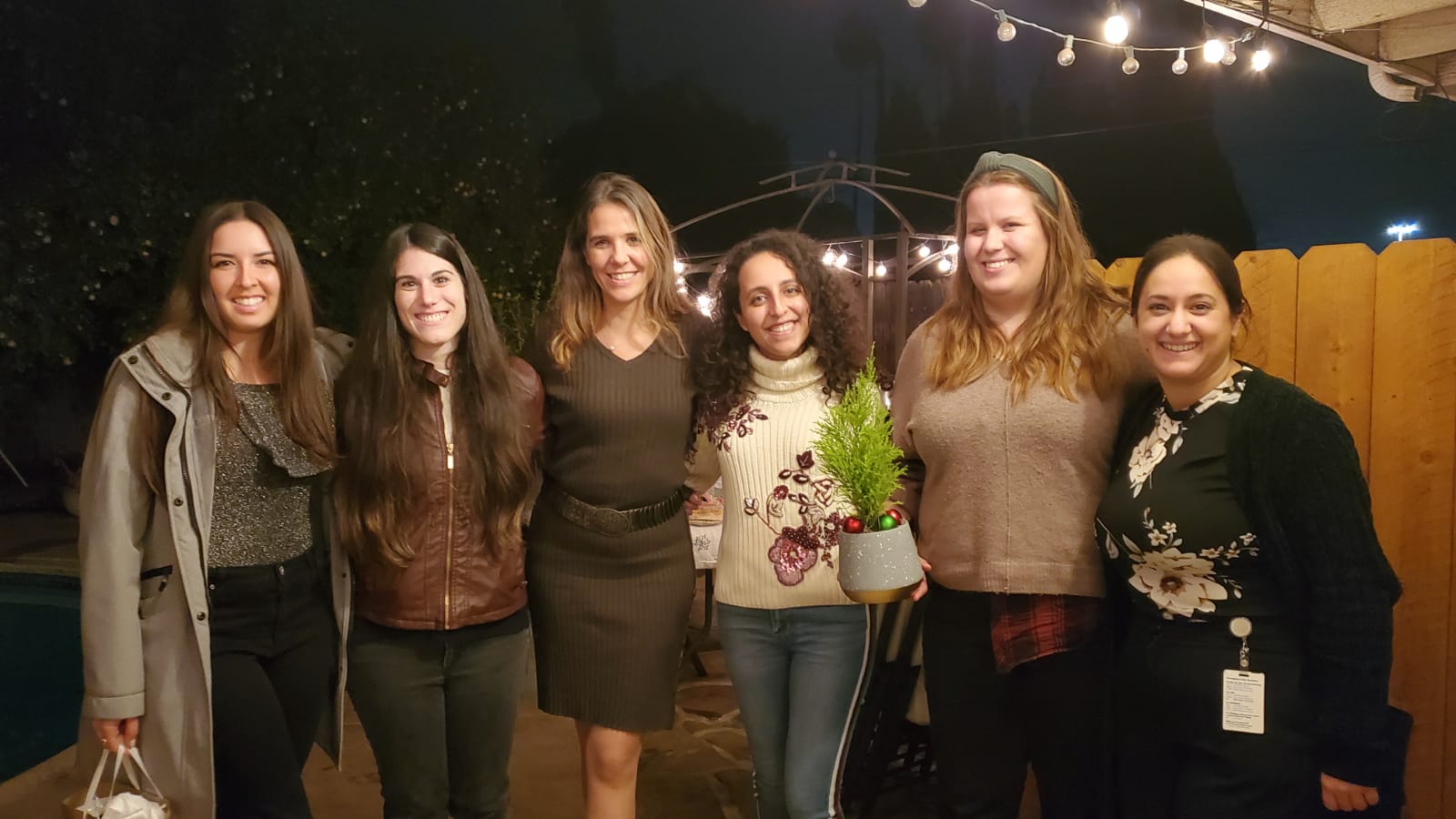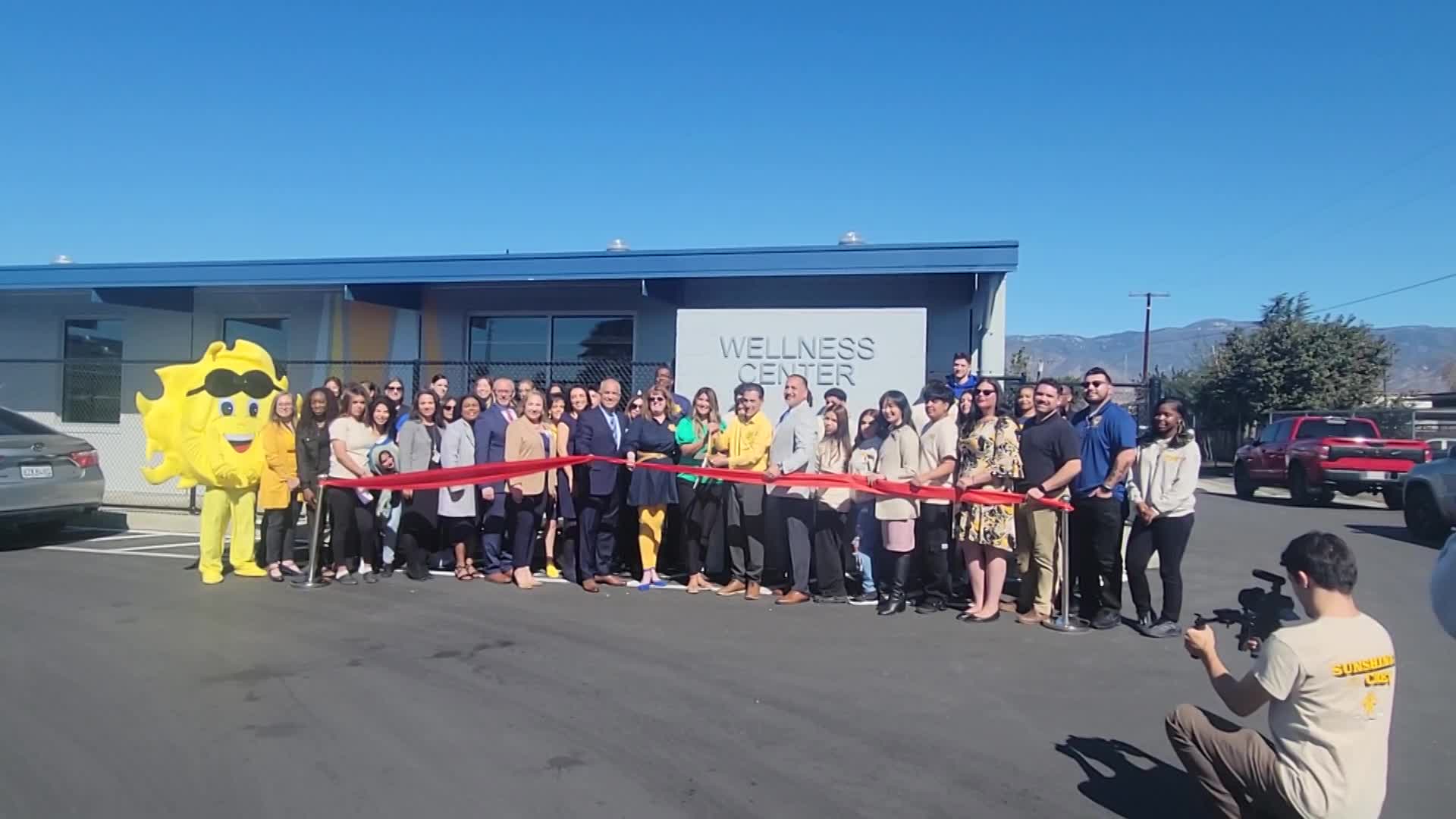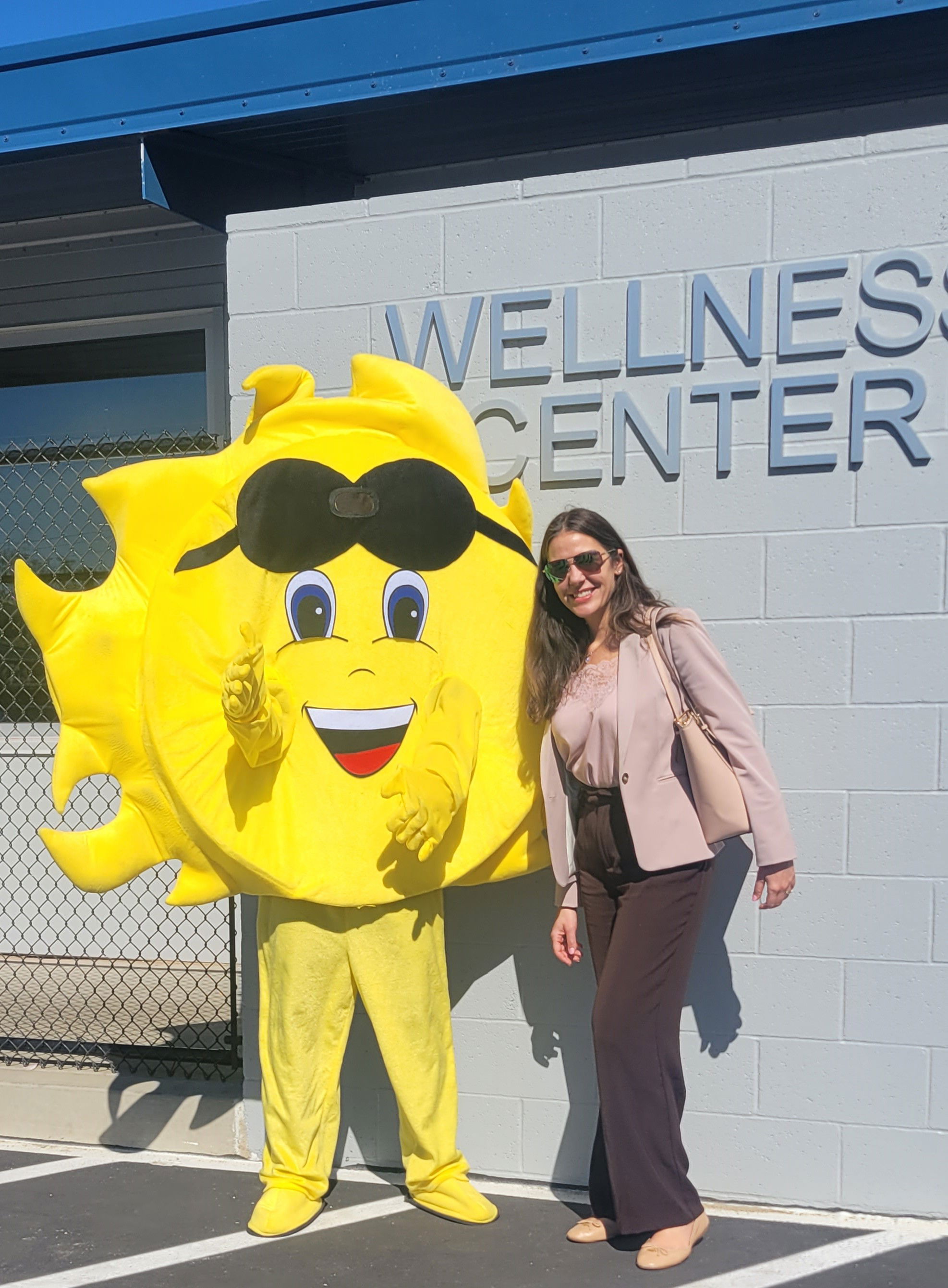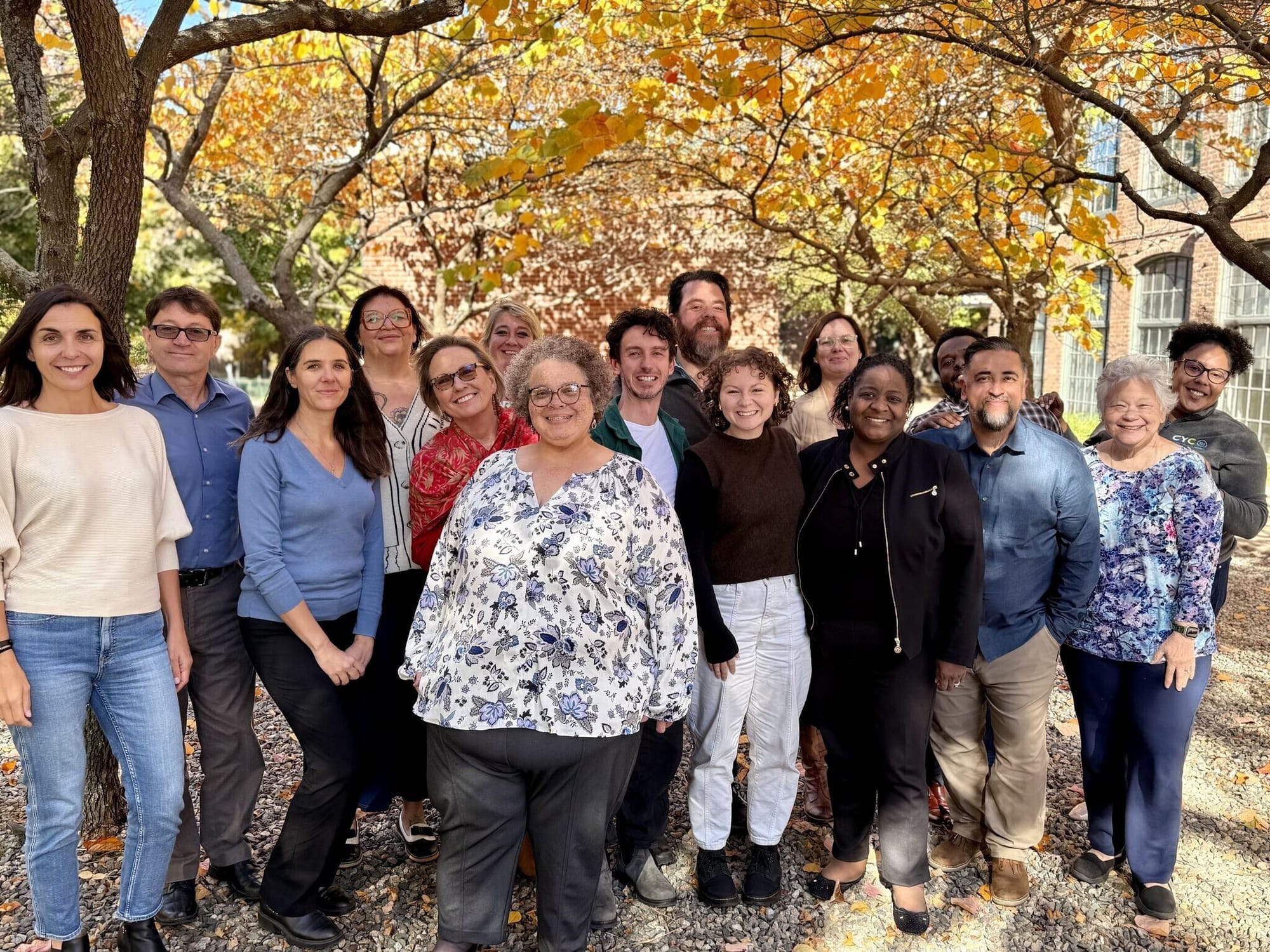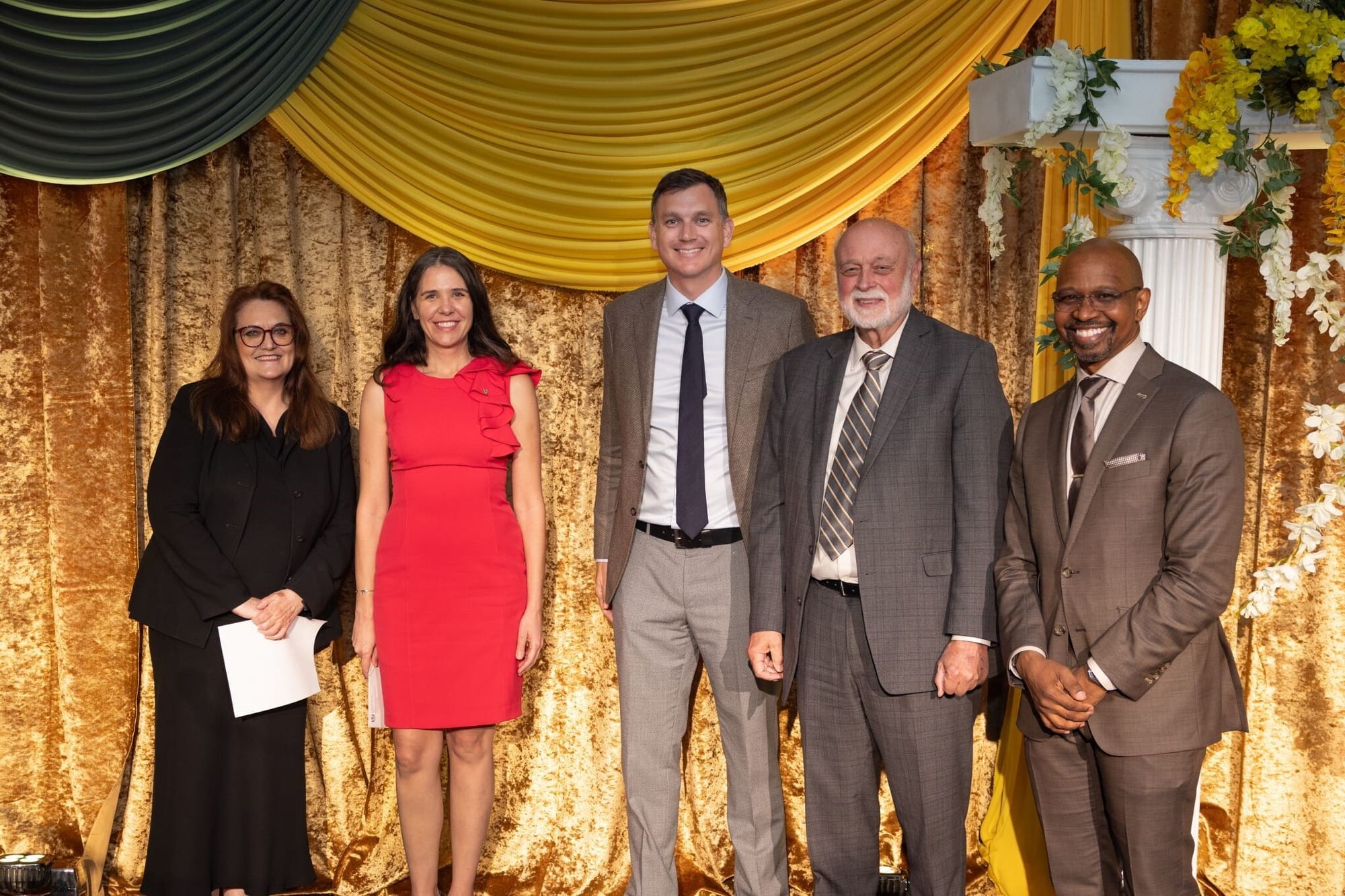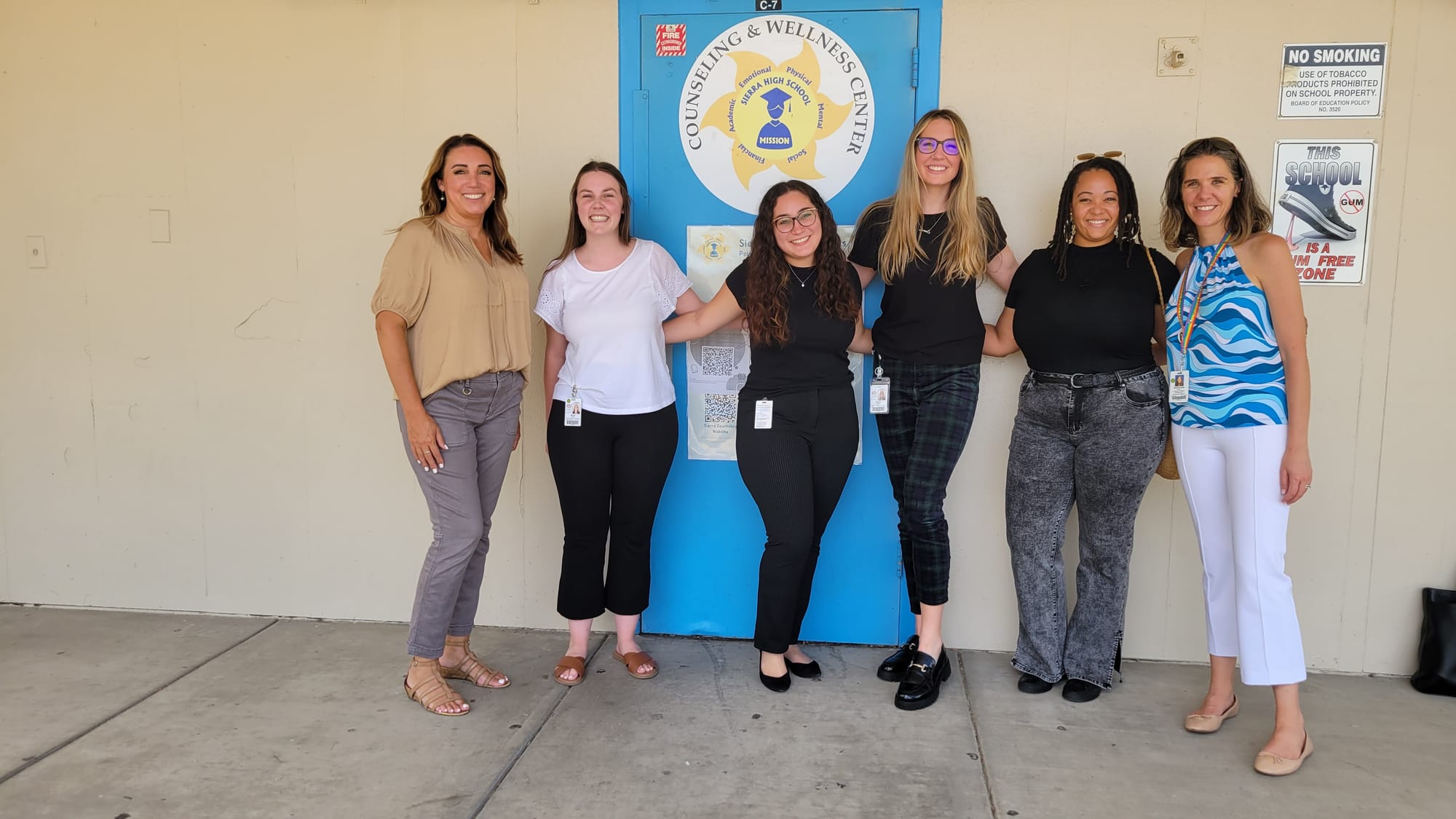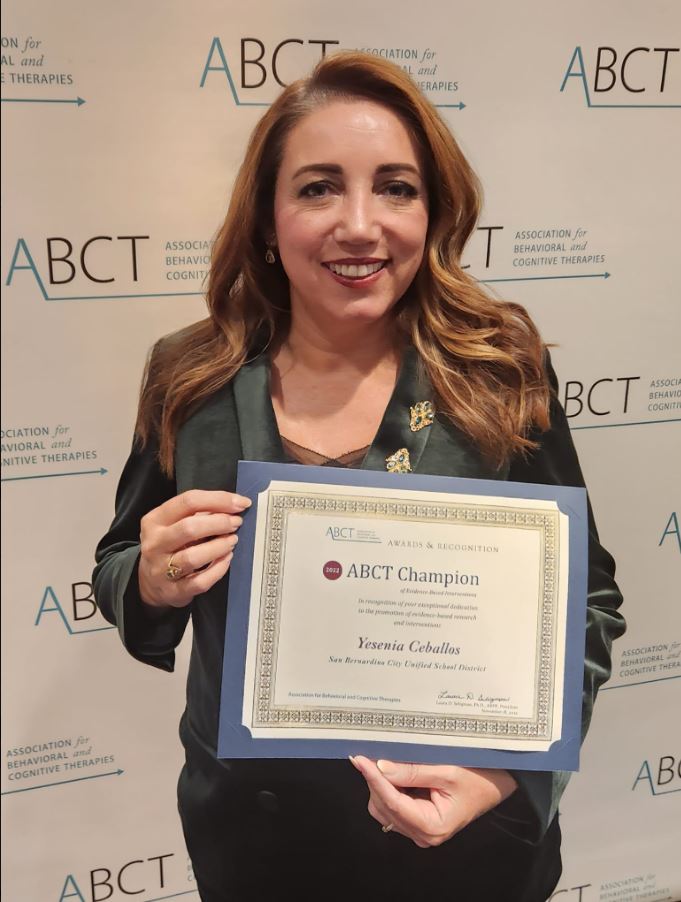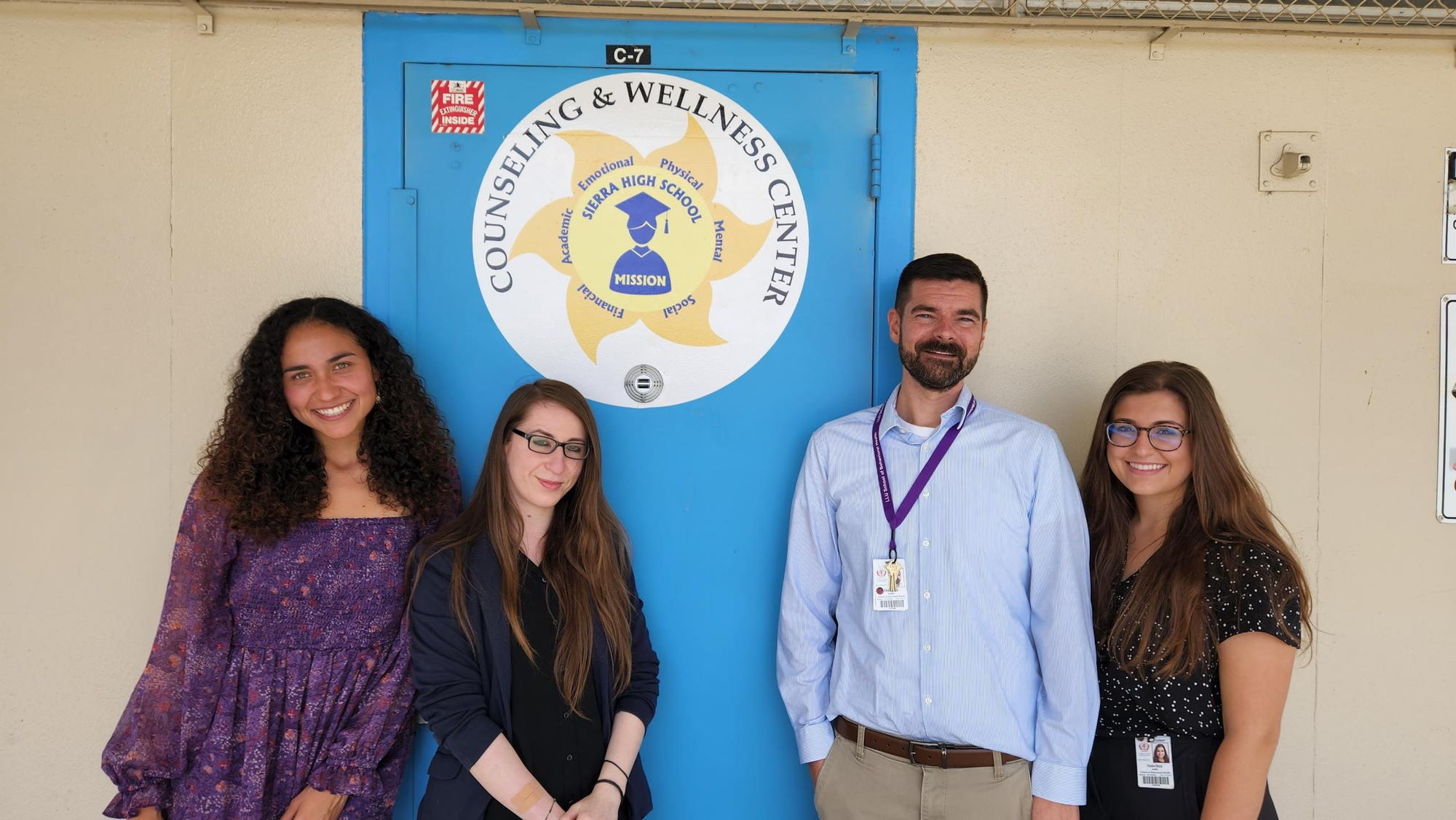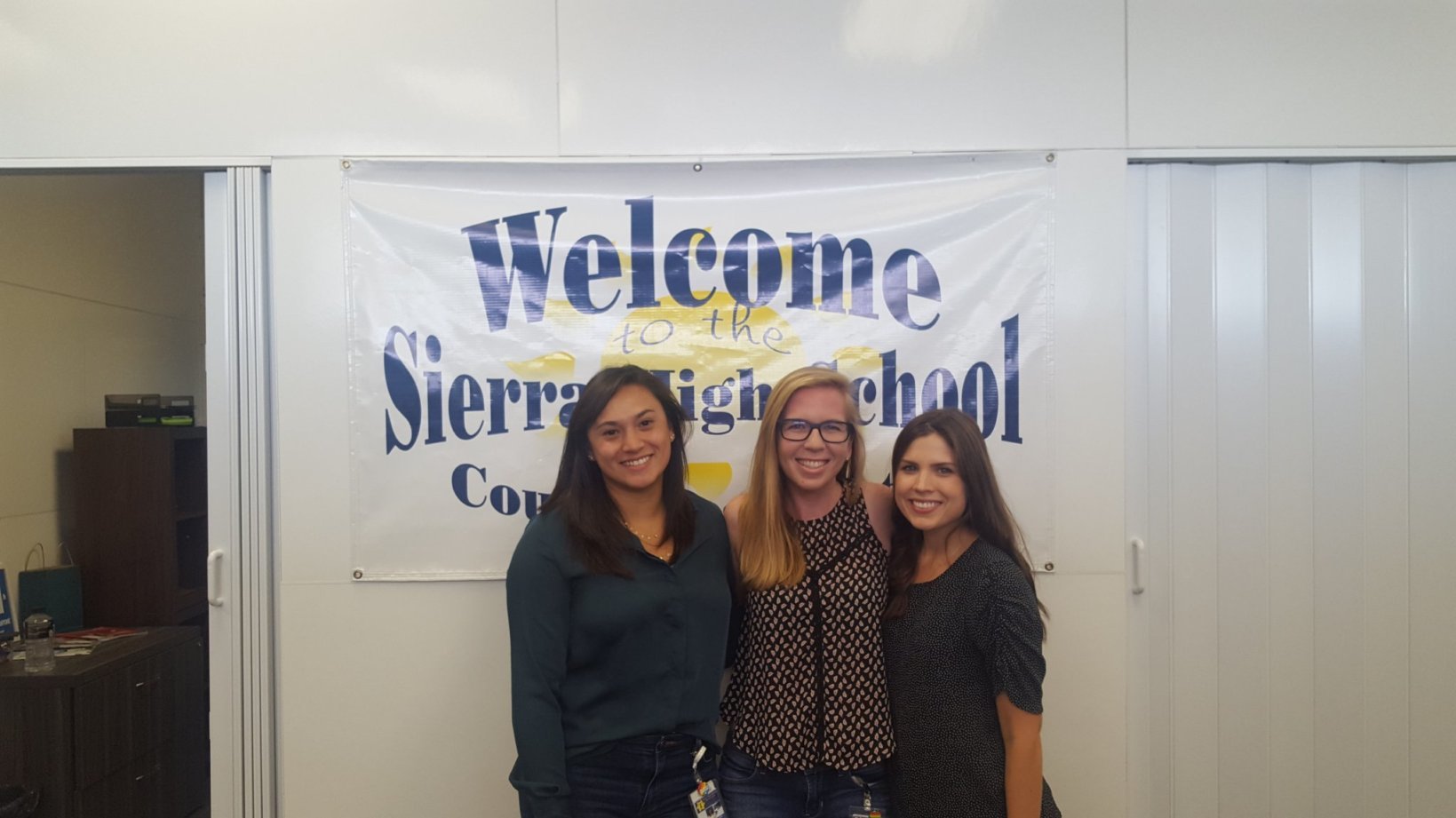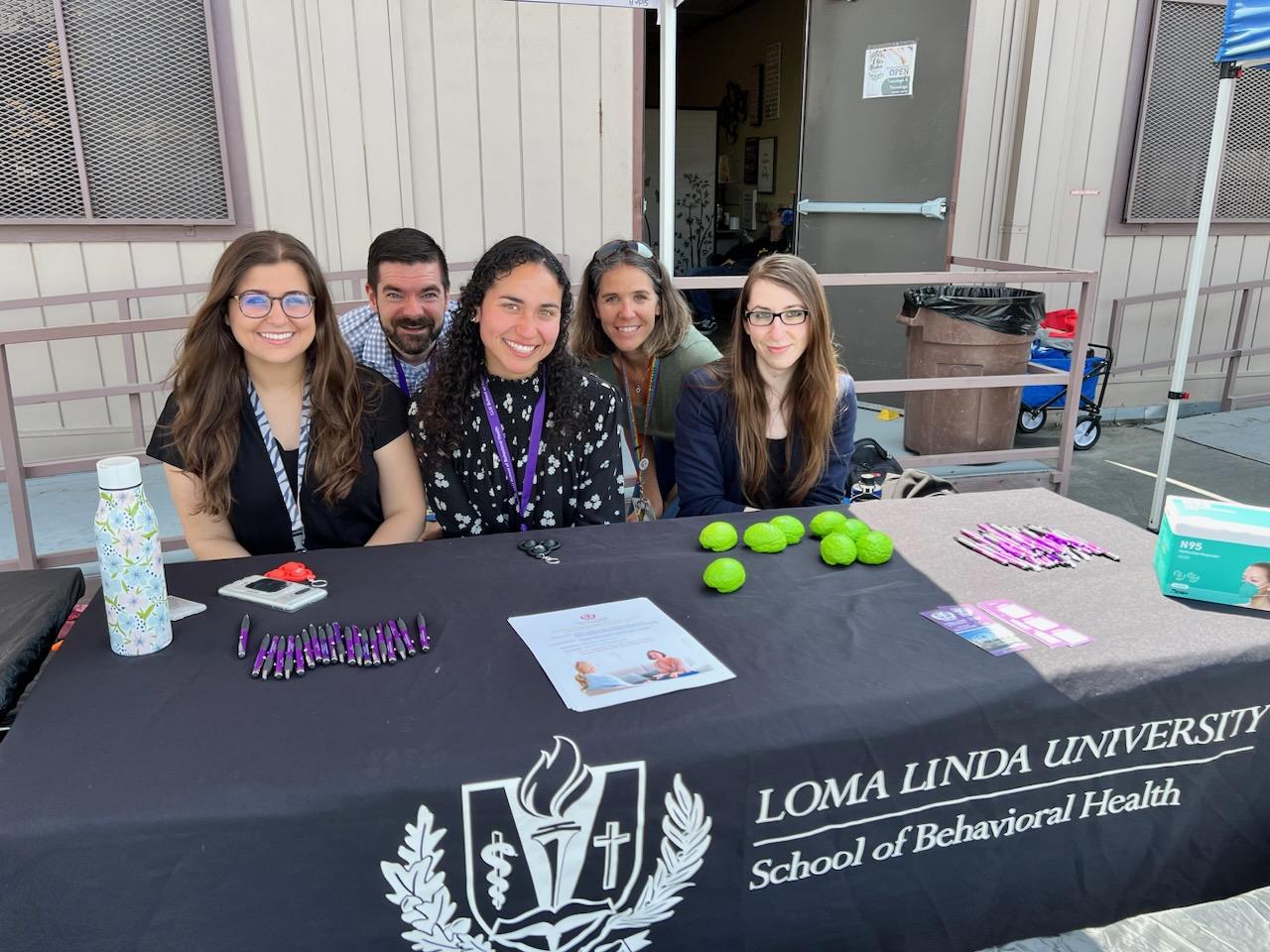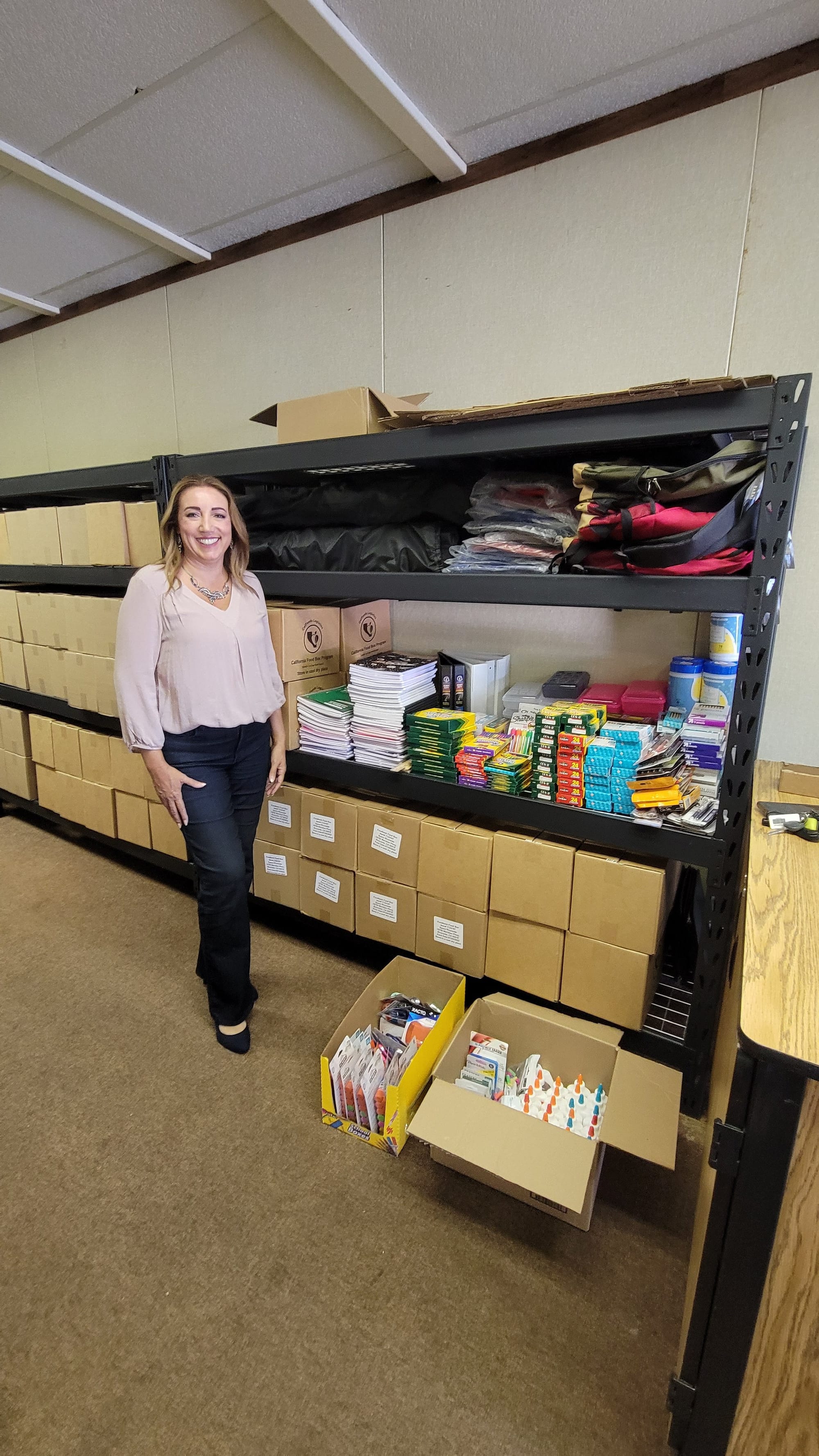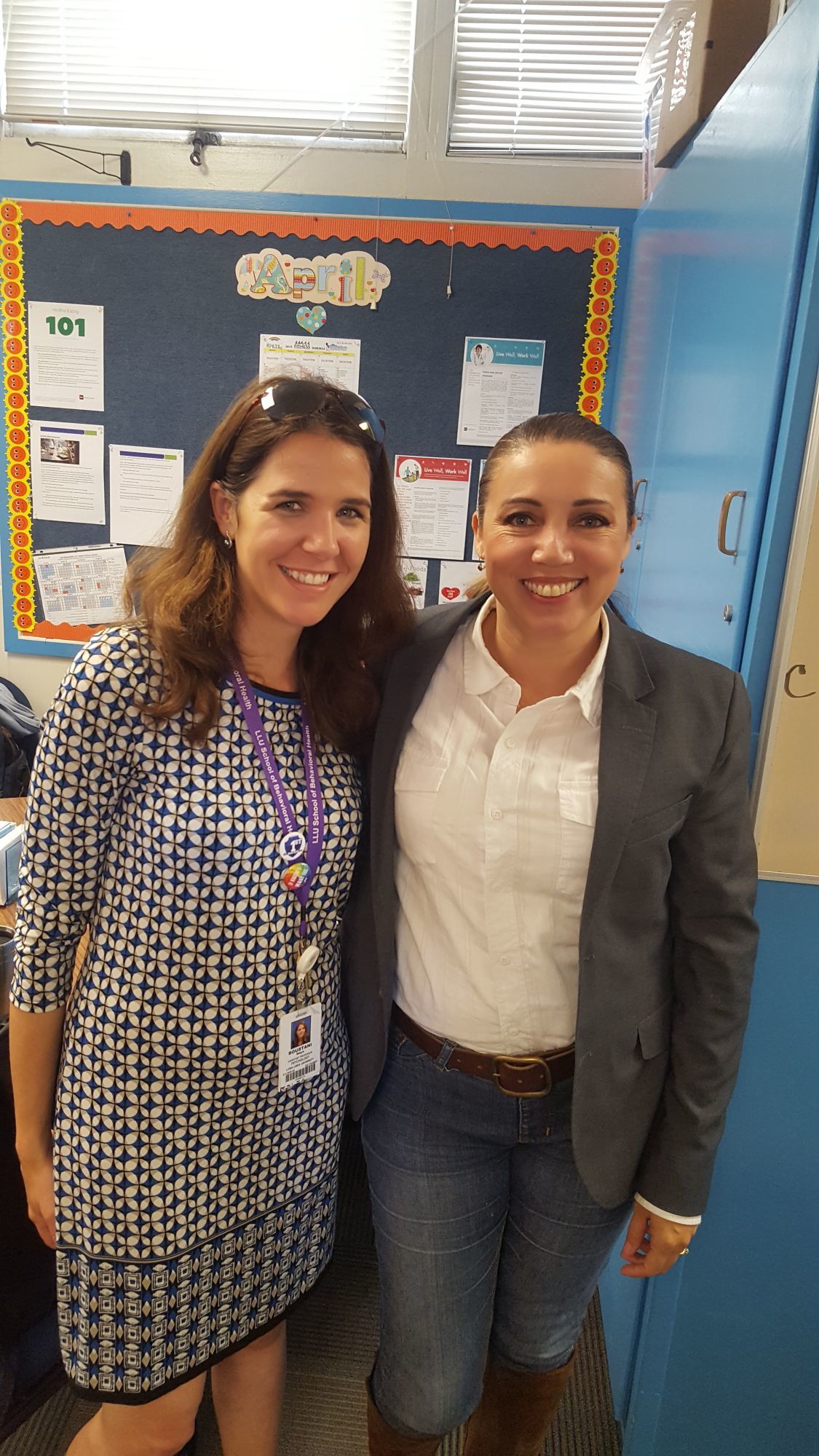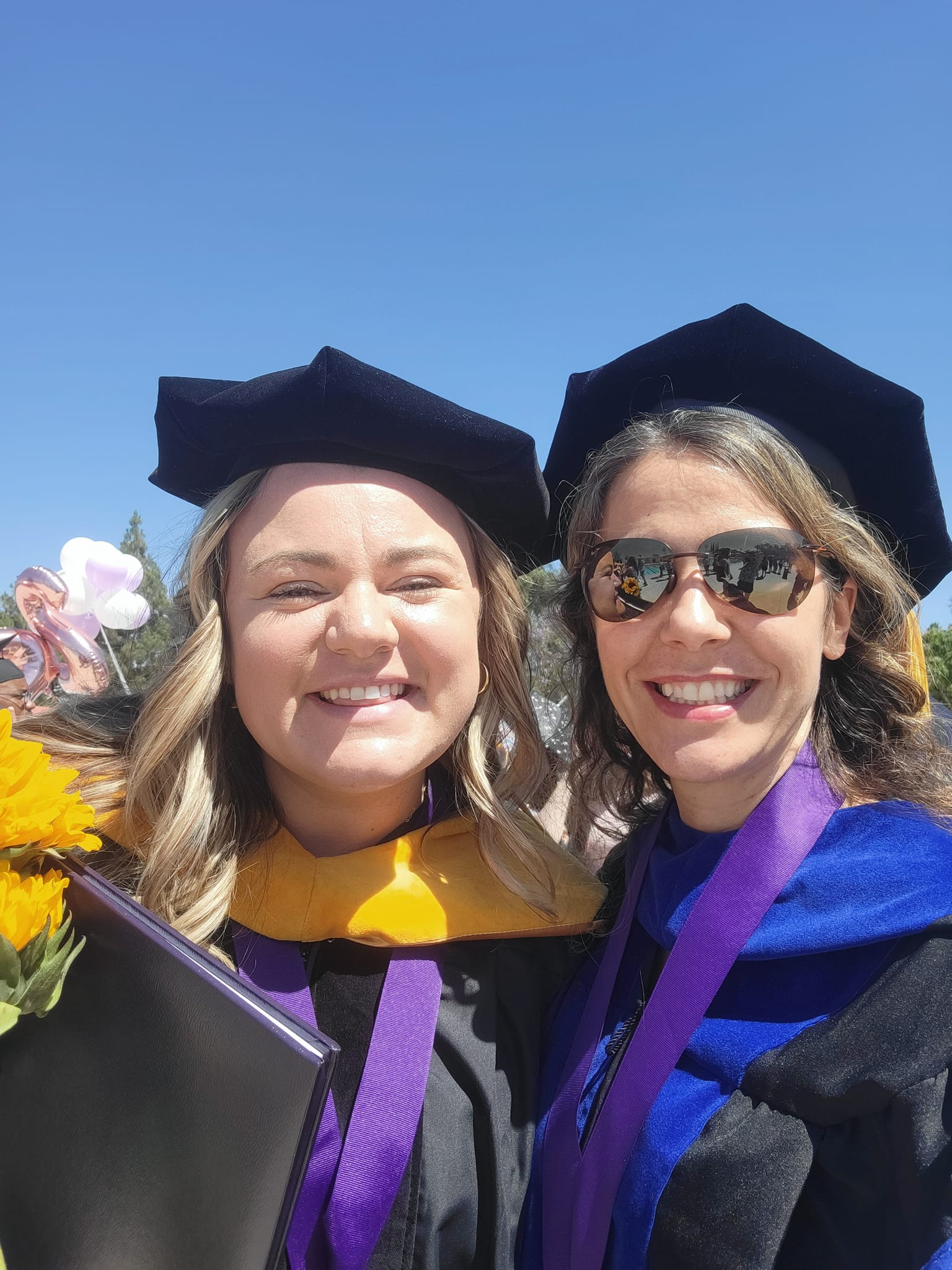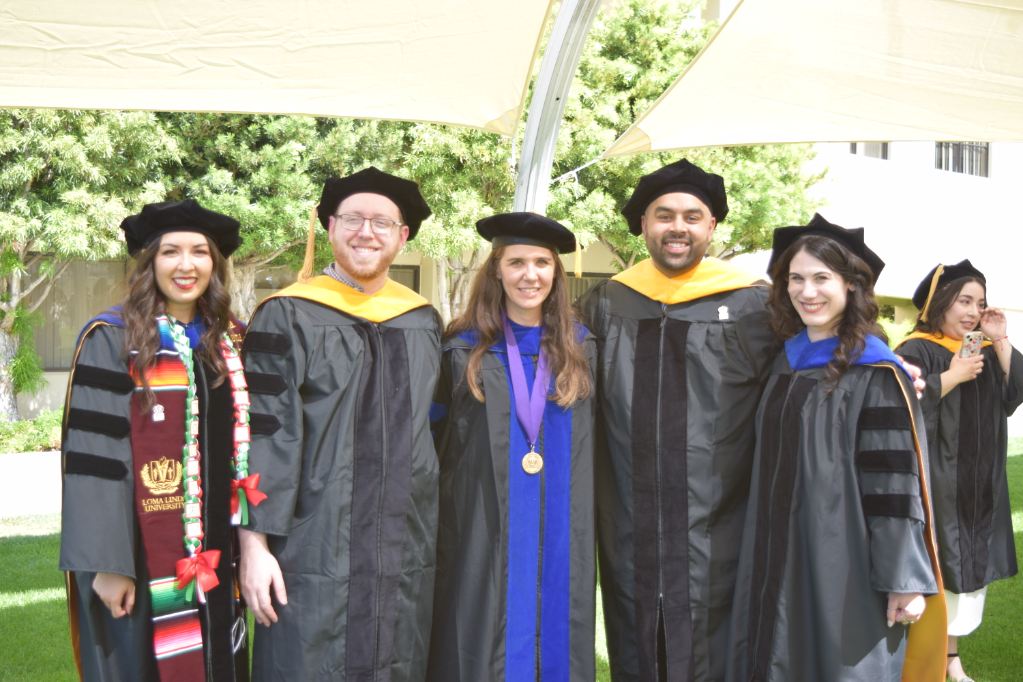Community-Academic Research Endeavor
Partnering with communities to improve youth mental health
About Us

Meet our Team
2019-2020 Cohort
Chalita Antommarchi, Kelly Vogel, and Megan White
2021-2022 cohort
Erica Mazzone, Frankie Arntz, Diana Marin, Maya Boustani, Yesenia Ceballos, Niharika Verma, Tanya Diaz, & Maddi Mendoza
2023-2024 cohort
Yesenia Ceballos, Emma Franklin, Milly Villasmi, Shaina Casey, Mahogany Kincaid, Maya Boustani
2024-2025 cohort
Kiari Esquibel, Christa Sydow, Caitlyn Bautista, Evin Musgrove, Maya Boustani, Jennifer Navarro, Ava Swanstrom, Jacob Liu
2025-2026 San Andreas High School Cohort
Emelia Call, Maya Boustani, Brianna Gonzalez, Anna Espinoza
2025-2026 Sierra High School Cohort
Julia Rodriguez, Yesenia Ceballos, Vianey Canesco, Veronica de la Rosa, Lennisha Pinckney, Maya Boustani, Julia Rodriguez
Stacy Frazier, PhD
Professor, Florida International University
Dr. Stacy Frazier is a co-PI on our Problem-Solving Skills Training project and a long-term collaborator.
Christine Lisetti, PhD
Professor, Florida International University
Dr. Lisetti is the PI of the eEVA project. Our team has supported the health outcomes portion of this study.
Sigrid Burruss, MD
Surgeon, Loma Linda University
Dr. Buruss is the co-PI on our GRASP grant to evaluate and revamp the YASP program.
Daniel Michelson, PhD
Clinical Senior Lecturer, King’s College London, UK
Dr. Boustani is providing support on Dr. Michelson's problem-solving grant.
Leslie Rith-Najarian, PhD
Lecturer, University of California Los Angeles
Dr. Rith-Najarian is the stats consultant on our problem-solving skills training NIH grant.
Thomas Engell, Phd
Researcher
Dr, Engell is the coding consultant on our Problem-Solving Skills Training grant.
Research Projects
PROJECT eEVA (completed)
This project investigates human-computer interactions with a virtual health agent delivering Motivational Interviewing.
PROJECT YASP (in progress)
The purpose of this study is to determine if the Youth Alternative Solutions Program is effective at reducing incarcerations and hospital admissions related to substance use.
PROJECT SOARing (completed)
The School-Based Opportunities for Adolescent Recovery (SOARing) study examines the preliminary effectiveness of an adolescent DBT-skills group treatment delivered in a school-based setting.
PROJECT CHWs
The CHWs project aims to reduce burnout among Community Health Workers providing home visits to under-served families of children experiencing chronic absenteeism from school in San Bernardino.
PROJECT PROBLEM-SOLVING SKILLS TRAINING (PSST)
This project proposes to unpack Problem-Solving as a complex skill set to reduce risk for internalizing problems for young people.
Project MATCH
Project MATCH involves the implementation of a modular and transdiagnostic intervention for children called "MATCH" in two settings: integrated healthcare and school-based. Outcomes of interest include implementation outcomes and youth mental health outcomes. This project is funded by the Children and Youth Behavioral Health Initiative.
Project Peer2Peer Wellness
The wellness ambassador program at Sierra High School (the Sunshine Crew) will be co-developing a peer to peer wellness program including a wellness podcast and a wellness counseling program.
Community Partners
San Bernardino City Unified School District
We are excited to be partnering with the San Bernardino City Unified School District on mental health and wellness initiatives.
SAC Health
We are partnering with SAC Health on implementing evidence-based mental health treatment for children and youth.
Children and Youth Cabinet & National Race Equity Implementation Center
Dr. Boustani has joined the team at the National Race Equity Implementation Center to support youth mental health
Publications
Presentations
Posters
Doctoral Projects & Dissertations
Jaynish Hazari, MPH, M.A., Loma Linda University
Read MoreDiana Marin, Loma Linda University
Read MoreOther Articles
Interested Students

If you are interested in joining the lab, please consider the following steps:
Fall and Winter of your first year:
- Email Dr. Boustani a copy of your CV, your transcript, and a cover letter explaining why you are interested in working in the lab and what project you are interested in working on (see a list of projects here: https://www.thecarelabllu.com/research-projects). If you are interested in an independent project, please make the case in your cover letter about how it fits with the lab's mission and Dr. Boustani's areas of expertise.
- Attend a CARE lab meeting. If your schedule prevents that, please arrange to watch a recording of one of our meetings.
If you join the lab, you agree to the following:
- Attend weekly lab meetings
- Donate 5 to 10 hours per week to data collection / data analysis of various ongoing projects
- Develop a research project (doc project or dissertation) that is related to an ongoing study in the lab in part or in whole (I recommend that PsyDs pick to use data from an ongoing study)
- Discuss with Dr. Boustani before volunteering your time in any other work (working in another lab, TAship, supplemental practicum experiences or even work outside the lab )
- Follow timelines for doctoral project completion, as outlined by Dr. Boustani
Community Resources
Effective Child Therapy: Information about accessing evidence-based therapies, the most common psychological disorders in children and more.
MyndHealth: Skill-building to promote mental wellness.
Other Resources:
A Guide to Teletherapy
Never Give Up: A Complex Trauma Film by Youth for Youth
How to Deal with Anxiety
Guided Meditations
Child Relaxation Scripts
Resources for Youth Wellbeing

Professional Resources

SPSS Statistics Guide: Offers step-by-step instructions on how to perform common statistical procedures on SPSS
Power Analysis in R
Manuscript Writing checklist
CLINICAL Resources:
Mental Health App Finder and Guide (Psyber Guide)
Self-Help Apps (VA)
NIH Publications in Spanish about Mental Health Conditions
Guidelines for Conducting Telehealth
Resources for Implementing TF-CBT Via Telehealth
Psychological First Aid
C.A.R.E. Package for Racial Healing (1st-Edition)
WEBINARS:
Using Evidence to Solve New Problems by Bruce Chorpita
Suicide Prevention in schools by NIH
BOOKS, PODCASTS, & MORE
The Social Work Podcast
A List of Must-Reads for Women in Academia
Dr. Schleider's List of Resources
